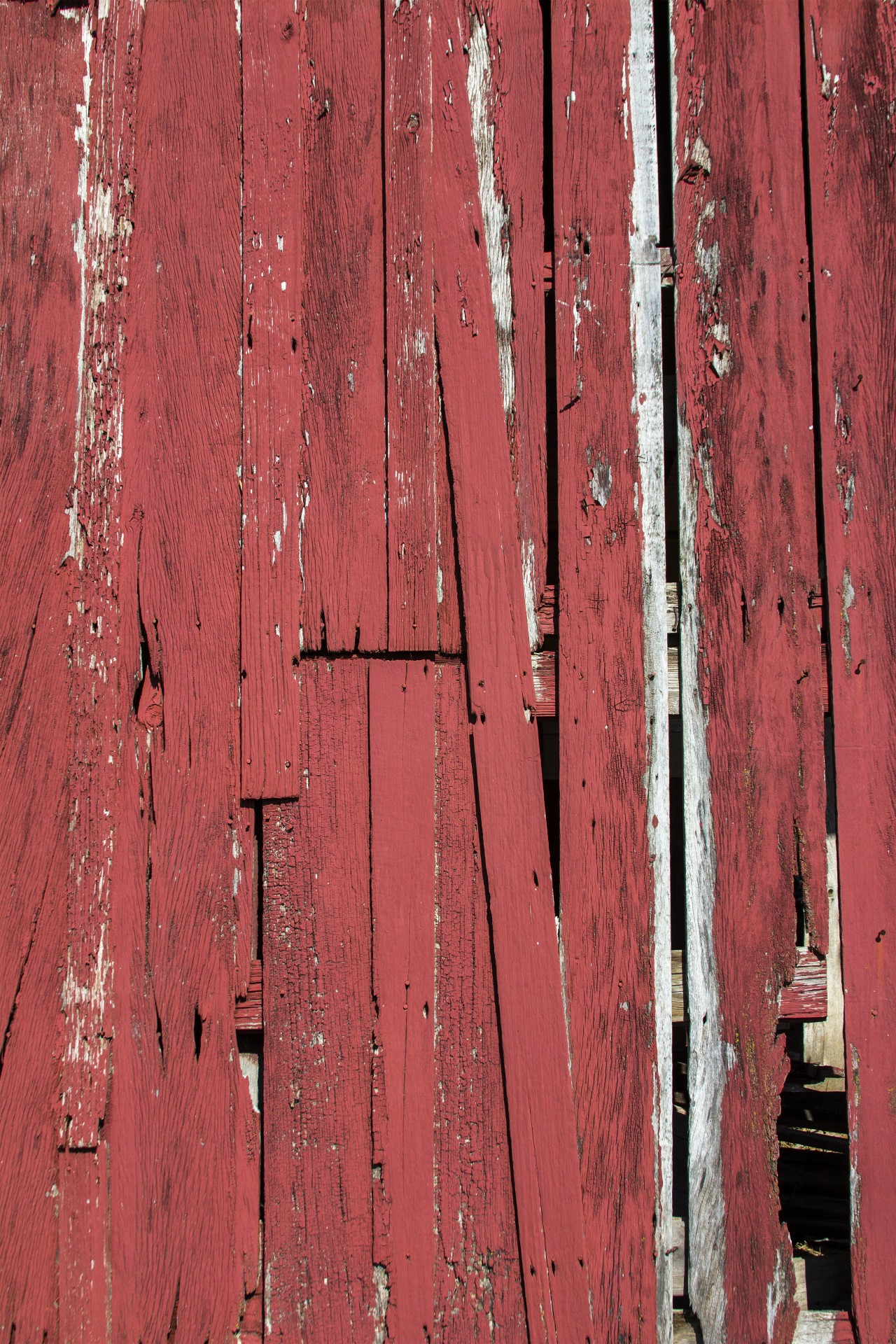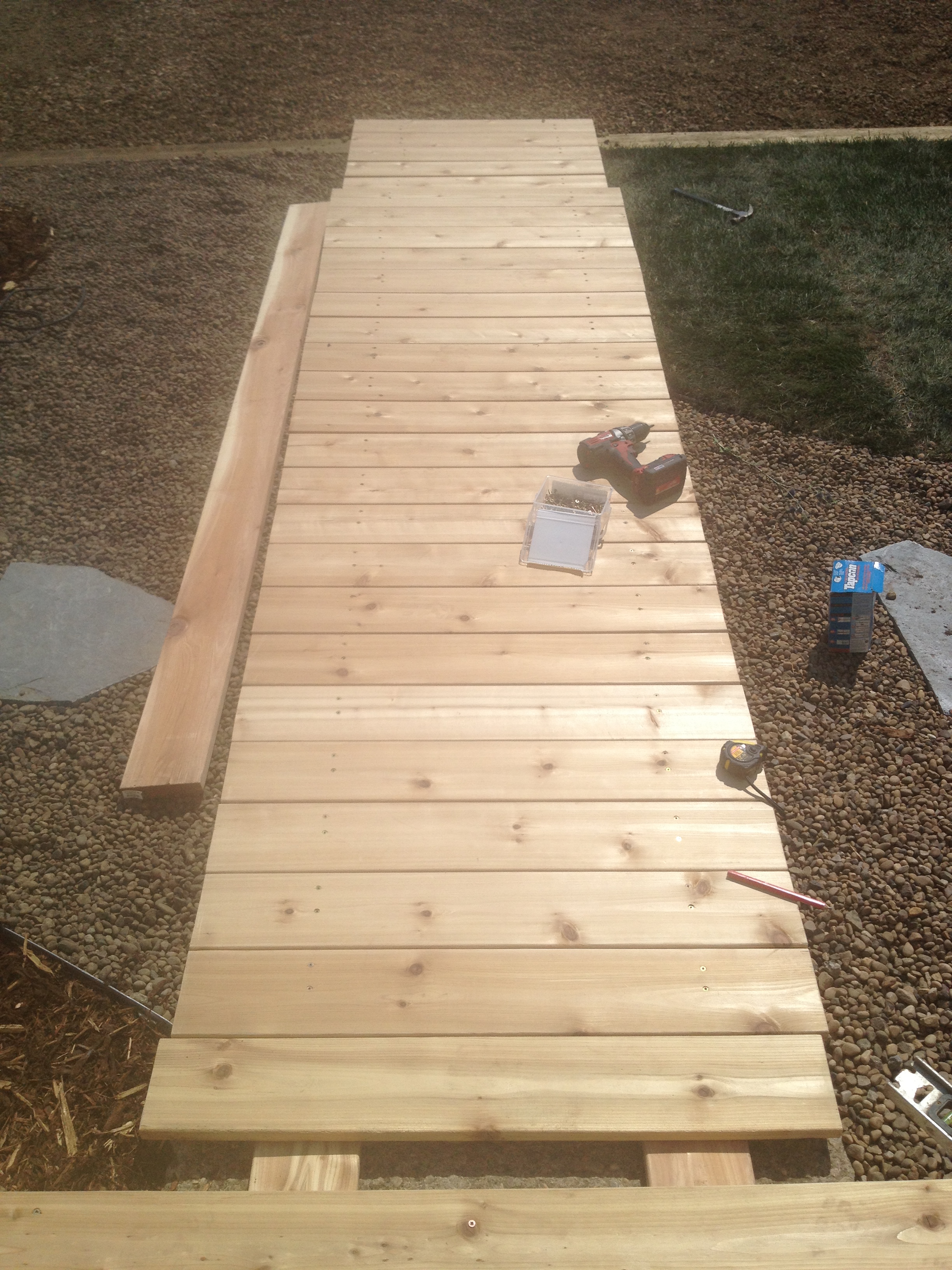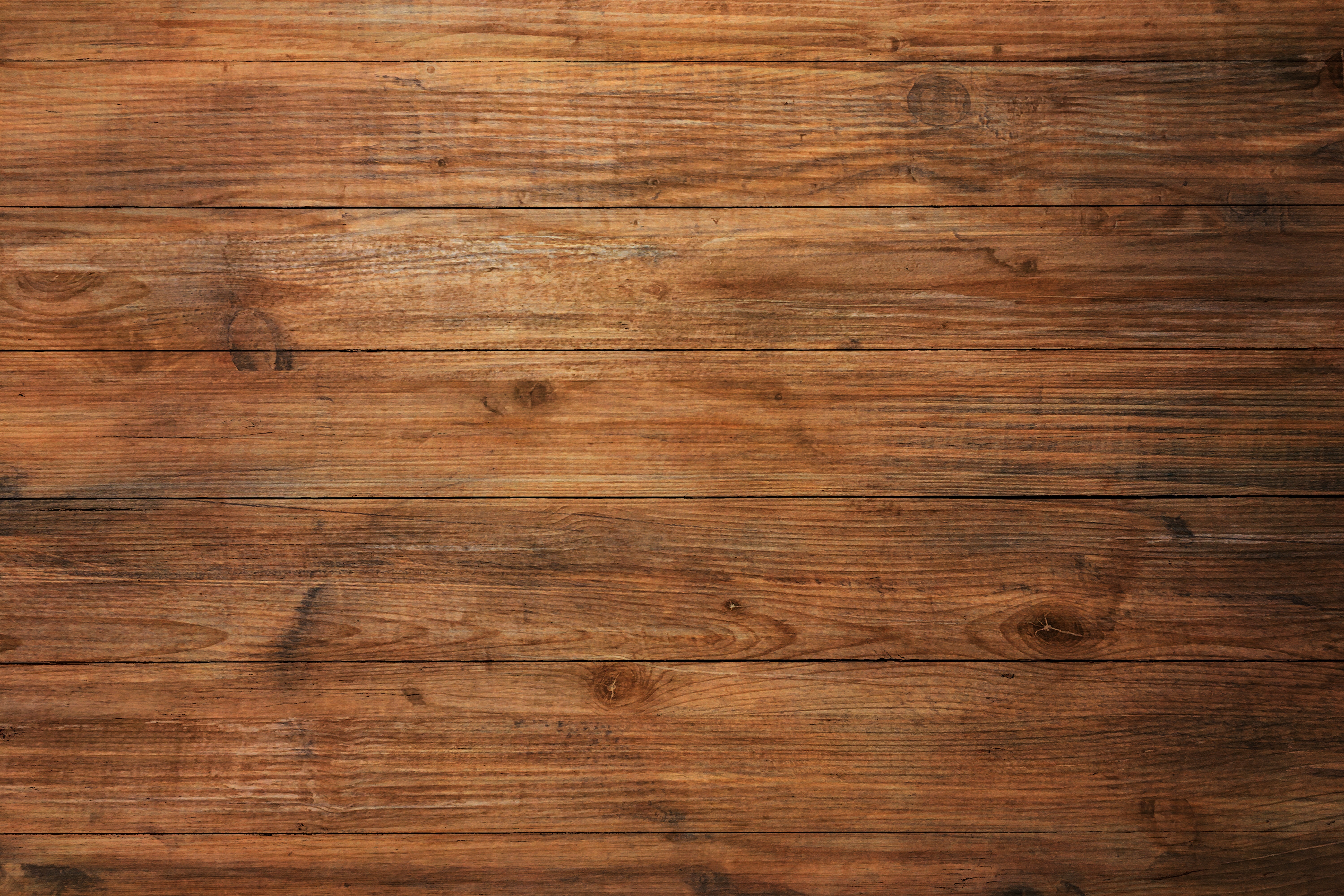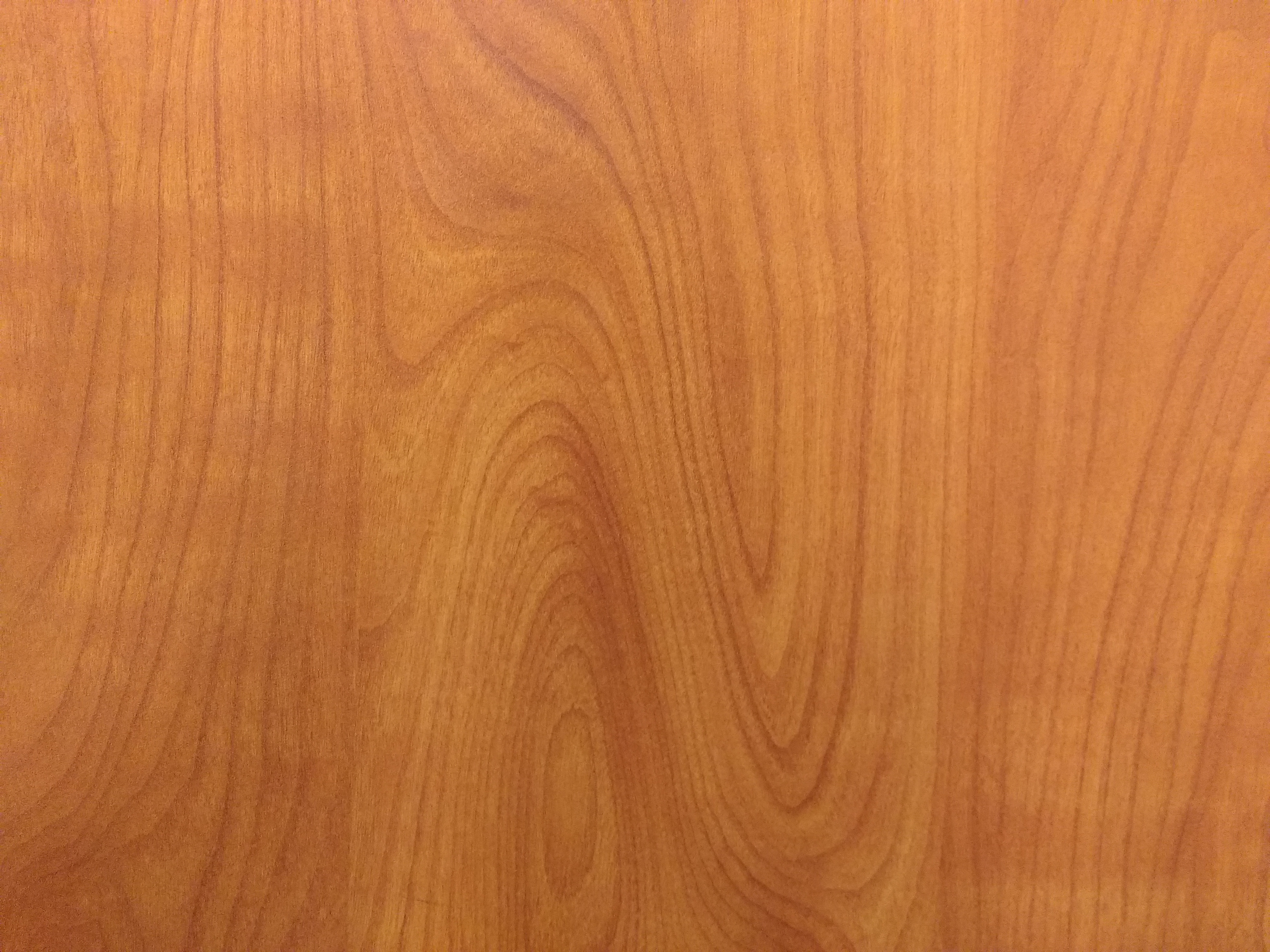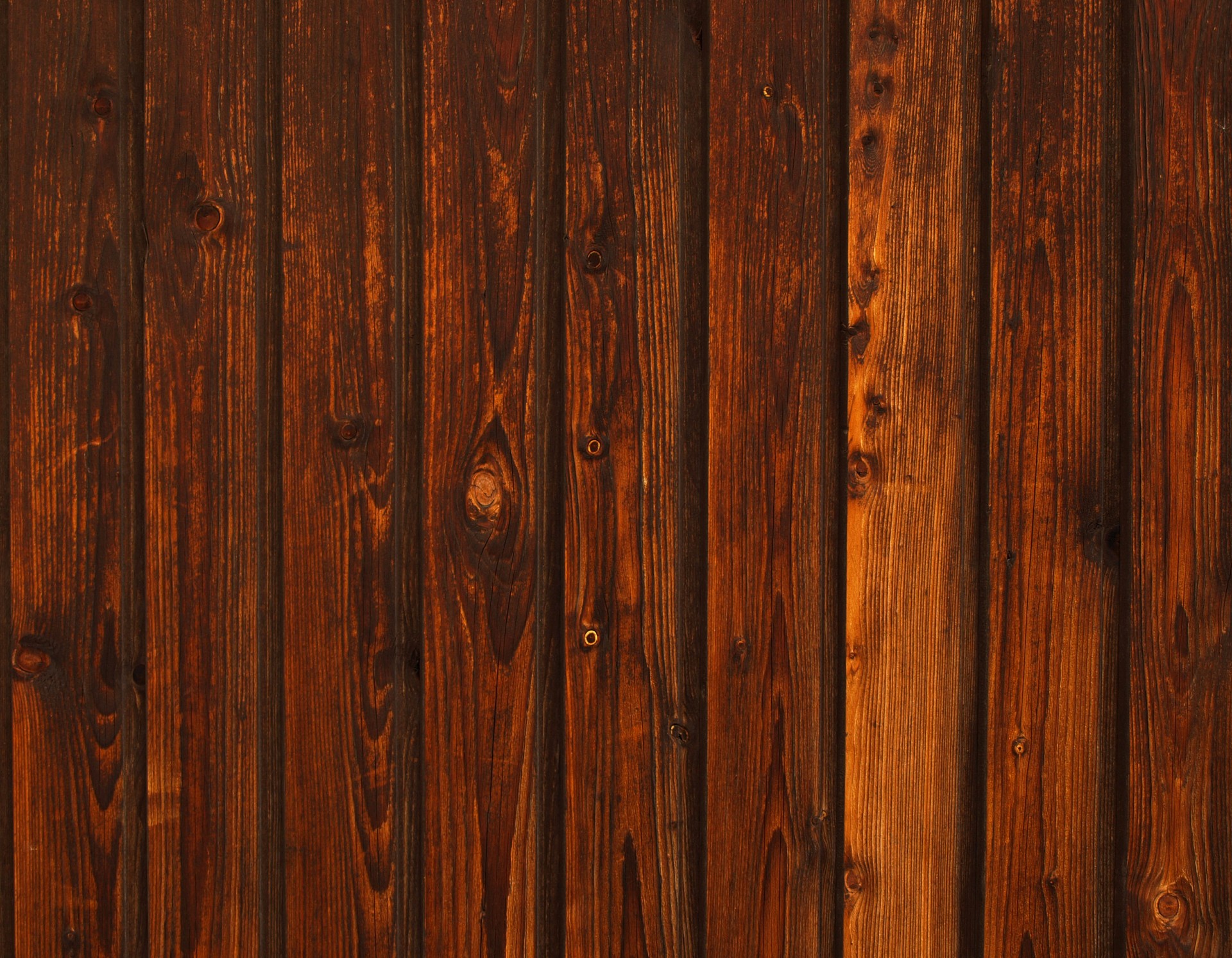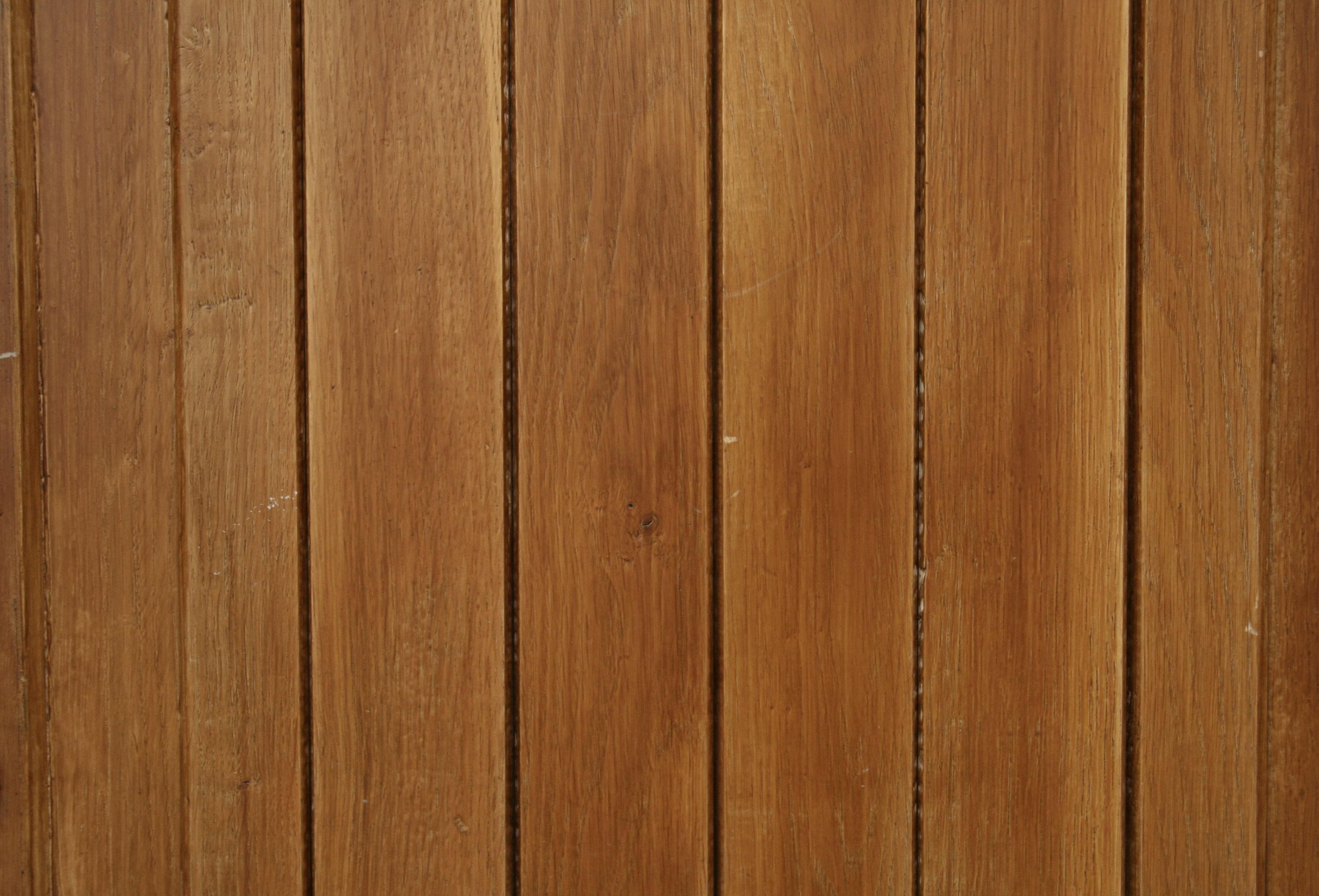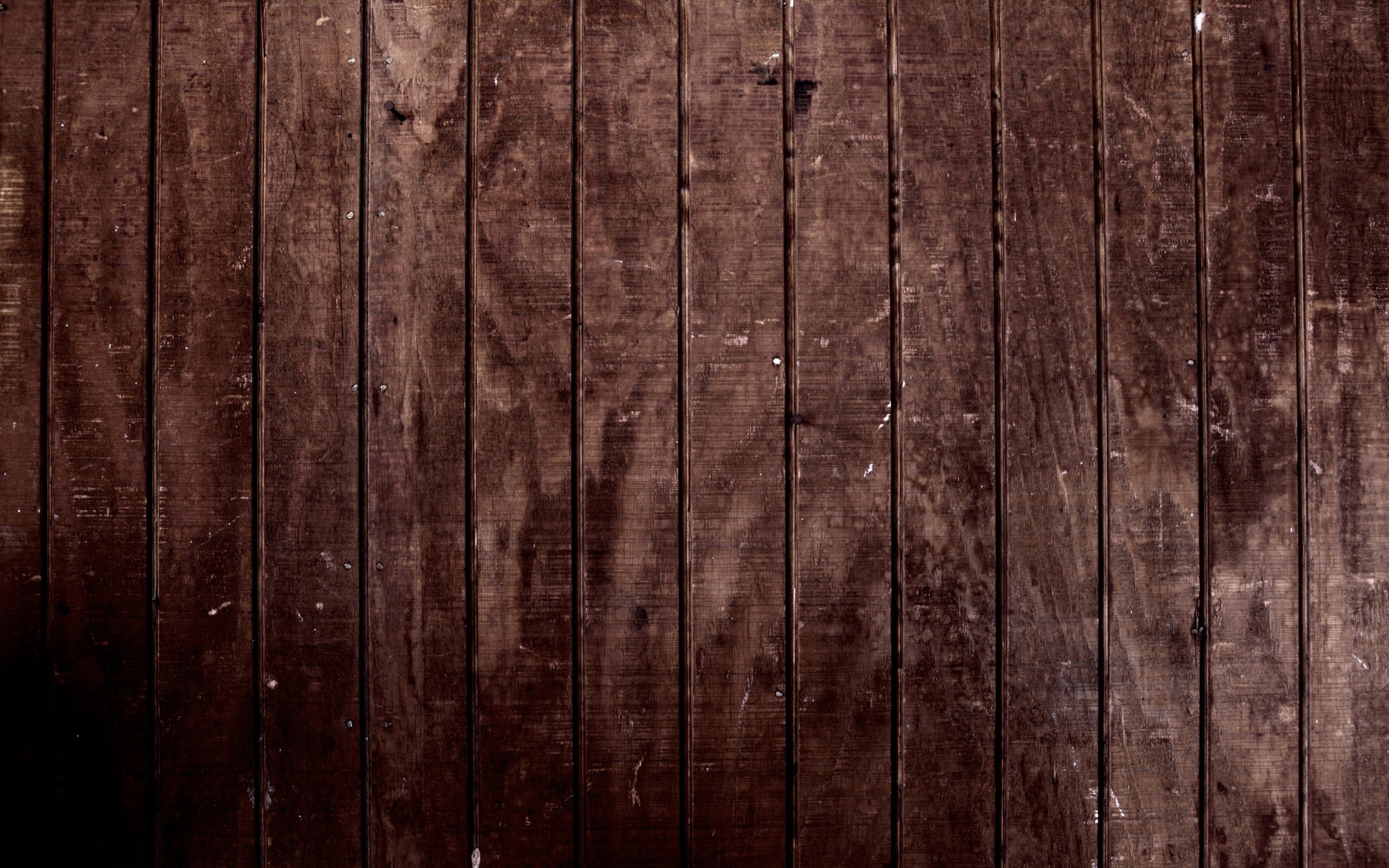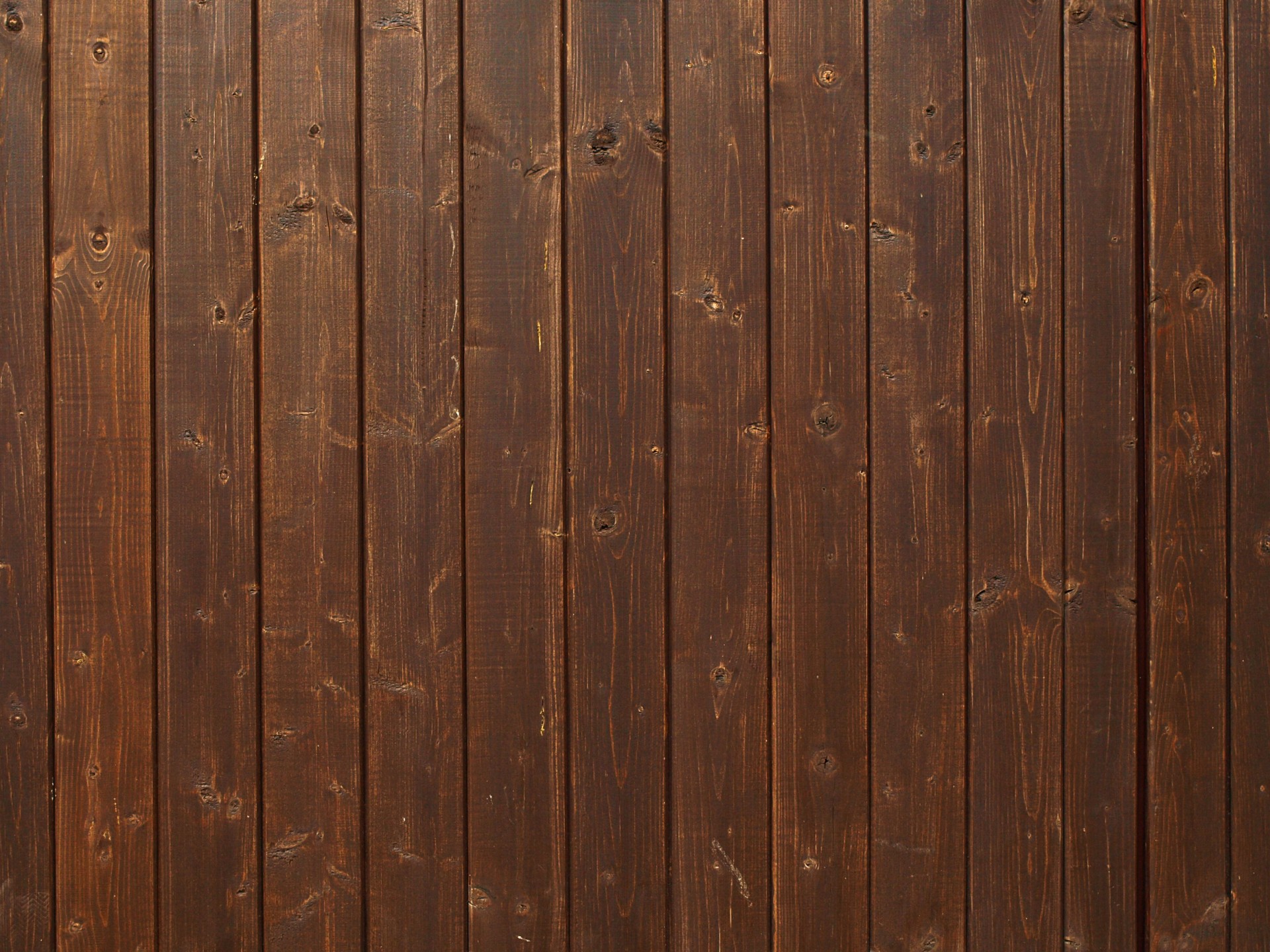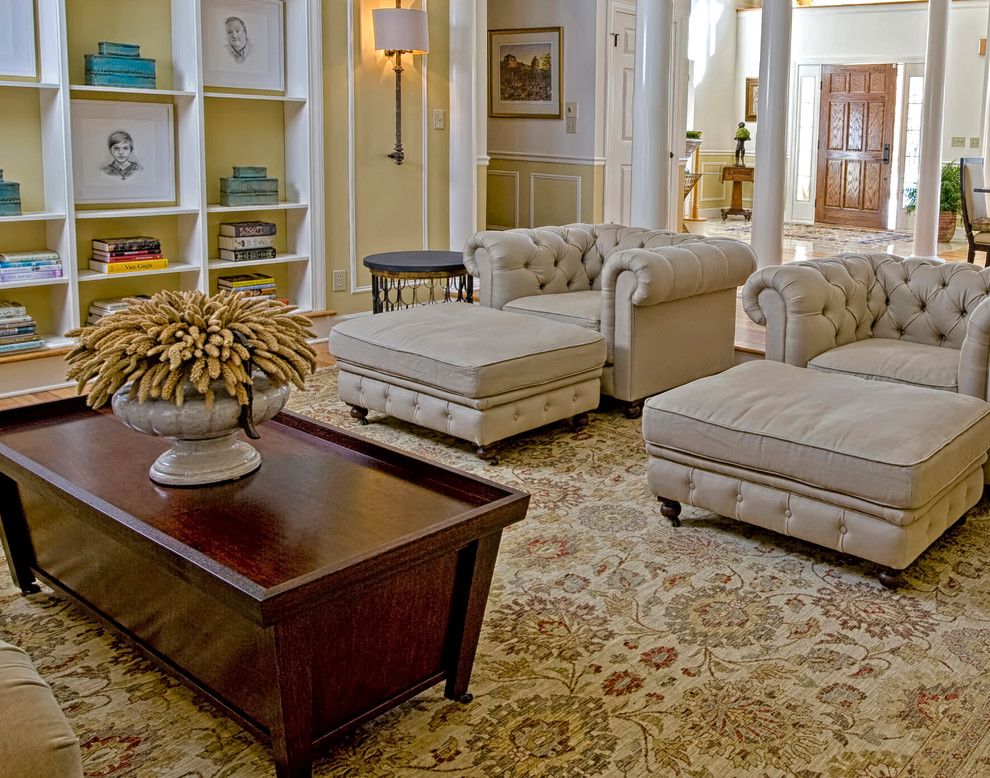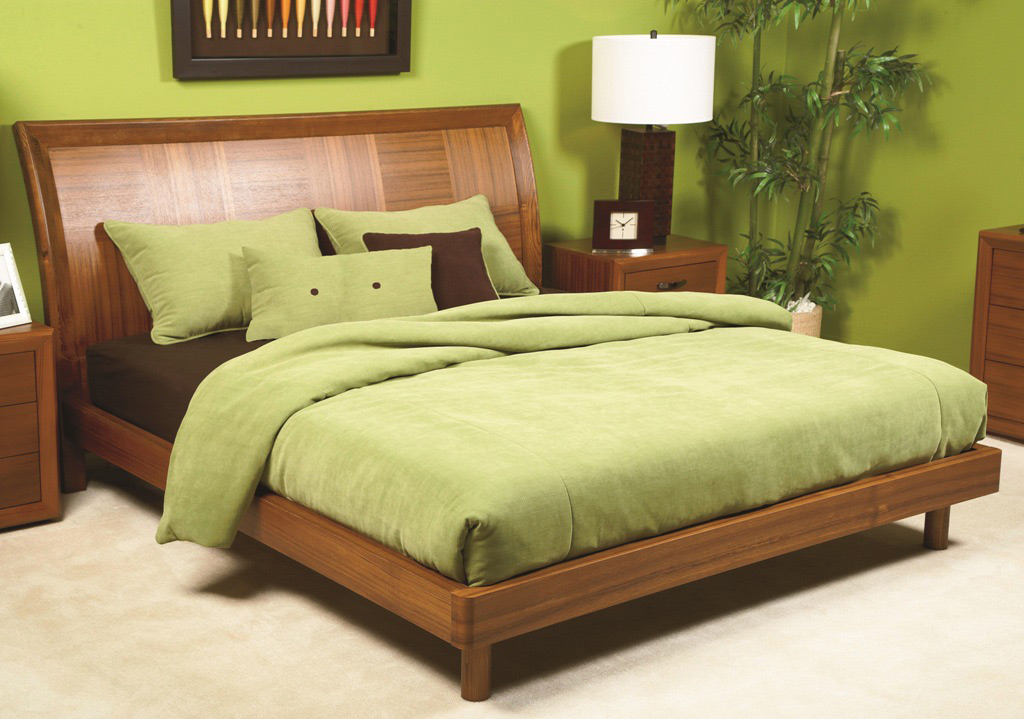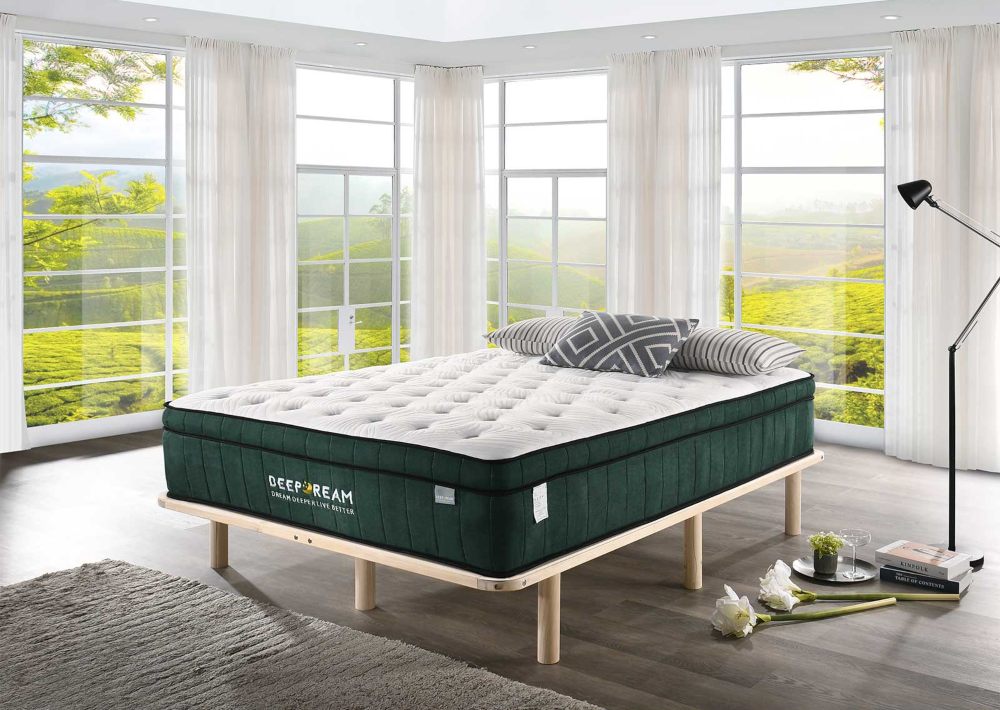Marble is a timeless and elegant material that has been used for centuries in bathroom design. Known for its luxurious appearance and durability, marble is a popular choice for bathroom vanities. It is a natural stone that is formed from limestone, making it a durable and long-lasting option for a bathroom vanity. One of the main advantages of using marble for a bathroom vanity is its natural beauty. Each slab of marble is unique, with its own intricate veining and patterns that add character to any bathroom. It comes in a variety of colors, from classic white to bold and dramatic shades, making it a versatile option for any design style. When it comes to maintenance, marble requires sealing to protect it from stains and scratches. However, with proper care, it can last for many years without losing its shine and beauty. It is also heat resistant, making it a practical choice for a bathroom setting. If you are looking for a luxurious and sophisticated material for your bathroom vanity, marble is definitely worth considering. Marble
Quartz is another popular material for bathroom vanities due to its durability and low maintenance. It is a man-made material that is composed of natural quartz and resin, making it a highly durable and non-porous option for a bathroom vanity. One of the main advantages of using quartz for a bathroom vanity is its resistance to stains, scratches, and heat. This makes it an ideal choice for high-traffic bathrooms or households with children. It also comes in a wide range of colors and patterns, from solid colors to marble-like designs, making it a versatile option for any design style. Unlike natural stone, quartz does not require sealing and is easy to clean with just soap and water. It also does not harbor bacteria, making it a hygienic choice for a bathroom. However, it is important to note that quartz can be damaged by excessive heat, so it is best to use hot pads or trivets to protect the surface. If you want a durable and low maintenance material for your bathroom vanity, quartz is a great option to consider. Quartz
Granite is a popular choice for bathroom vanities due to its durability and natural beauty. It is a natural stone that is formed from molten lava, making it one of the hardest and most durable materials available. It is also heat resistant, making it a practical option for a bathroom vanity. One of the main advantages of using granite for a bathroom vanity is its unique and beautiful patterns. It comes in a variety of colors and patterns, ranging from subtle to bold, making it a versatile option for any design style. It also adds a touch of luxury and sophistication to any bathroom. Granite is a low maintenance material that is resistant to stains and scratches. However, it does require sealing to protect it from water damage and to maintain its shine. With proper care, granite can last for many years without losing its beauty. For a durable and stylish bathroom vanity, granite is a great choice that will add value to your home. Granite
Solid surface is a man-made material that is composed of acrylic, polyester, and natural mineral fillers. It is a popular choice for bathroom vanities due to its versatility and durability. Solid surface is available in a wide range of colors and patterns, making it easy to match any design style. One of the main advantages of using solid surface for a bathroom vanity is its seamless and non-porous surface. This makes it easy to clean and maintain, as it does not harbor bacteria or stains. It is also resistant to scratches and heat, making it a practical choice for a bathroom setting. Another advantage of solid surface is its ability to be molded into any shape or size, allowing for unique and custom designs. It is also a budget-friendly option compared to natural stone, making it a popular choice for many homeowners. If you want a versatile and easy to maintain material for your bathroom vanity, solid surface is a great option to consider. Solid Surface
Laminate is a budget-friendly and practical option for a bathroom vanity. It is a man-made material that is composed of multiple layers of paper and resin, making it durable and water-resistant. Laminate is available in a variety of colors and patterns, including designs that mimic the look of natural stone or wood. One of the main advantages of using laminate for a bathroom vanity is its affordability. It is a cost-effective option that can give your bathroom a high-end look without breaking the bank. It is also easy to clean and maintain, making it a practical choice for busy households. However, laminate is not as durable as other materials and can be easily scratched or chipped. It is also not heat resistant, so it is important to use hot pads or trivets to protect the surface. With proper care, laminate can last for many years and is a great option for those on a tight budget. Laminate
Engineered stone, also known as composite stone or agglomerate stone, is a man-made material that is composed of natural stone chips and resin. It is a durable and versatile option for a bathroom vanity, with a wide range of colors and patterns available to choose from. One of the main advantages of using engineered stone for a bathroom vanity is its durability. It is resistant to scratches, stains, and heat, making it a practical choice for a busy bathroom. It also has a non-porous surface, making it easy to clean and maintain. Engineered stone is also a sustainable option, as it is made from recycled materials and requires less energy to produce compared to natural stone. It is also a budget-friendly option, making it a popular choice for many homeowners. If you want a durable and eco-friendly material for your bathroom vanity, engineered stone is a great option to consider. Engineered Stone
Porcelain is a popular choice for bathroom vanities due to its durability and versatility. It is a type of ceramic material that is made from a mixture of clay and other natural materials, and it is fired at high temperatures to create a strong and non-porous surface. One of the main advantages of using porcelain for a bathroom vanity is its strength and durability. It is resistant to scratches, stains, and heat, making it a practical choice for a busy bathroom. It is also easy to clean and maintain, as it does not require sealing like natural stone. Porcelain is available in a wide range of colors and patterns, including designs that mimic the look of natural stone or wood. It is also a budget-friendly option, making it a popular choice for many homeowners. If you want a durable and versatile material for your bathroom vanity, porcelain is a great option to consider. Porcelain
Cultured marble is a man-made material that is composed of a mixture of natural marble chips and resin. It is a cost-effective option for a bathroom vanity, with a high-end look and feel. It is available in a variety of colors and patterns, including designs that mimic the look of natural marble. One of the main advantages of using cultured marble for a bathroom vanity is its affordability. It is a budget-friendly option that can give your bathroom a luxurious and elegant look. It is also easy to clean and maintain, making it a practical choice for busy households. However, cultured marble is not as durable as natural marble and can be easily scratched or chipped. It is also not heat resistant, so it is important to use hot pads or trivets to protect the surface. With proper care, cultured marble can last for many years and is a great option for those on a budget. Cultured Marble
Acrylic is a man-made material that is composed of a mixture of natural minerals and resin. It is a durable and non-porous option for a bathroom vanity, with a wide range of colors and patterns available to choose from. It is also a budget-friendly option, making it a popular choice for many homeowners. One of the main advantages of using acrylic for a bathroom vanity is its seamless and non-porous surface. This makes it easy to clean and maintain, as it does not harbor bacteria or stains. It is also resistant to scratches and heat, making it a practical choice for a bathroom setting. Acrylic is also a lightweight material, making it easier to install compared to natural stone. However, it is not as durable as other materials and can be prone to scratches and chips. With proper care, acrylic can last for many years and is a great option for those on a budget. Acrylic
Wood is a classic and timeless material that adds warmth and character to any bathroom. It is a versatile option for a bathroom vanity, with a wide range of wood types and finishes available to choose from. Wood is also a sustainable option, as it is a renewable resource. One of the main advantages of using wood for a bathroom vanity is its natural beauty. Each piece of wood is unique, with its own grain and color variations, adding character to any bathroom. It is also a durable option, with proper sealing and maintenance, and can last for many years. Wood does require more maintenance compared to other materials, as it can be prone to water damage and warping. However, with regular sealing and proper care, a wooden bathroom vanity can be a stunning addition to any bathroom. In conclusion, there are many options available for bathroom vanities, each with its own unique benefits. From natural stone to man-made materials, there is a material to suit every budget and design style. Consider the durability, maintenance, and aesthetic appeal of each material to determine the best option for your bathroom. With proper care, your chosen material can last for many years and add value to your home. Wood
The Importance of Choosing the Right Material for Your Bathroom Vanity
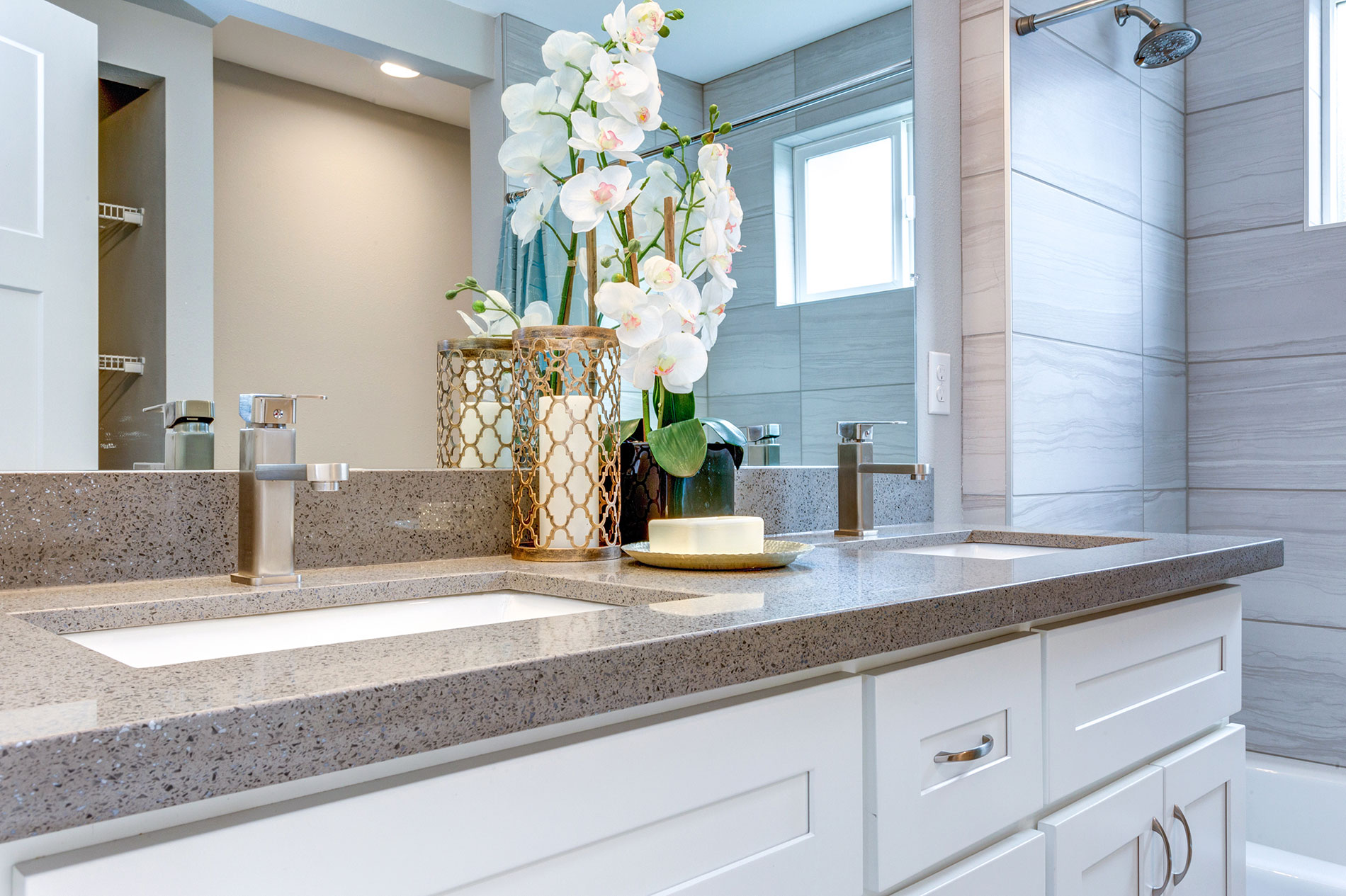 When it comes to designing your dream bathroom,
bathroom vanity
plays a crucial role in both functionality and aesthetics. Not only does it serve as a storage space for your daily essentials, but it also sets the tone for the overall design of your bathroom. With a wide range of materials available in the market, choosing the right one can be overwhelming. However,
the material you choose for your bathroom vanity can make or break the look and feel of your bathroom
. In this article, we will discuss the best materials for bathroom vanities that will elevate the design of your bathroom.
When it comes to designing your dream bathroom,
bathroom vanity
plays a crucial role in both functionality and aesthetics. Not only does it serve as a storage space for your daily essentials, but it also sets the tone for the overall design of your bathroom. With a wide range of materials available in the market, choosing the right one can be overwhelming. However,
the material you choose for your bathroom vanity can make or break the look and feel of your bathroom
. In this article, we will discuss the best materials for bathroom vanities that will elevate the design of your bathroom.
Marble
 Marble
has been a popular choice for bathroom vanities for centuries due to its timeless elegance and durability. Its natural beauty and unique veining patterns add a luxurious touch to any bathroom design.
Marble
is also heat-resistant, making it an ideal material for vanities near hot styling tools. However, it is a porous material, which means it can stain and etch easily. It requires regular maintenance and sealing to keep it looking its best.
Marble
has been a popular choice for bathroom vanities for centuries due to its timeless elegance and durability. Its natural beauty and unique veining patterns add a luxurious touch to any bathroom design.
Marble
is also heat-resistant, making it an ideal material for vanities near hot styling tools. However, it is a porous material, which means it can stain and etch easily. It requires regular maintenance and sealing to keep it looking its best.
Quartz
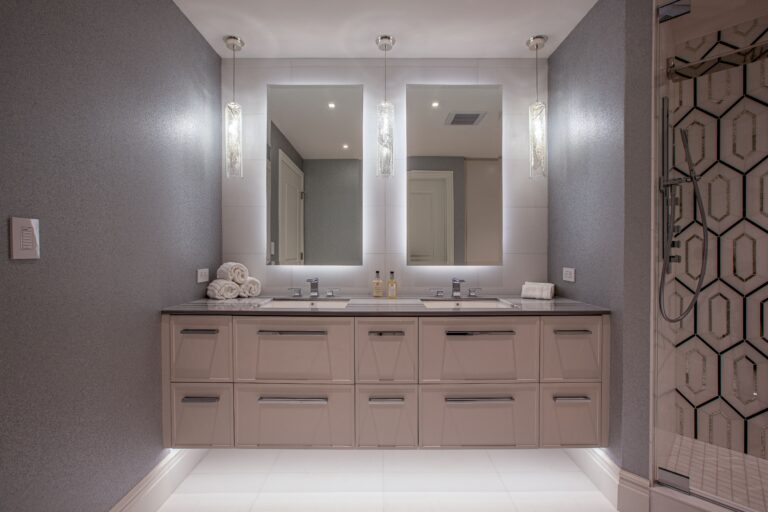 Quartz
is a man-made material that has been gaining popularity as a bathroom vanity material in recent years. It is made from crushed quartz mixed with resin, giving it a strong and durable finish.
Quartz
is non-porous and highly resistant to scratches, stains, and heat, making it a low-maintenance option for busy bathrooms. It also comes in a wide range of colors and patterns, making it easy to match with any bathroom design.
Quartz
is a man-made material that has been gaining popularity as a bathroom vanity material in recent years. It is made from crushed quartz mixed with resin, giving it a strong and durable finish.
Quartz
is non-porous and highly resistant to scratches, stains, and heat, making it a low-maintenance option for busy bathrooms. It also comes in a wide range of colors and patterns, making it easy to match with any bathroom design.
Wood
 For a warm and natural look,
wood
is a popular choice for bathroom vanities. It adds a touch of warmth and character to any bathroom design.
Wood
is also a versatile material, available in different types and finishes, such as oak, teak, and walnut. It is also durable and can withstand humidity and moisture if properly sealed. However, it may require more maintenance compared to other materials, and it is not recommended for bathrooms with high moisture content.
For a warm and natural look,
wood
is a popular choice for bathroom vanities. It adds a touch of warmth and character to any bathroom design.
Wood
is also a versatile material, available in different types and finishes, such as oak, teak, and walnut. It is also durable and can withstand humidity and moisture if properly sealed. However, it may require more maintenance compared to other materials, and it is not recommended for bathrooms with high moisture content.
Concrete
 For a modern and industrial look,
concrete
is a great choice for bathroom vanities. It is a durable material that is resistant to scratches and stains, making it a practical option for high-traffic bathrooms.
Concrete
also allows for customization, as it can be molded into different shapes and sizes. However, it is a heavy material and may require extra support during installation.
In conclusion,
choosing the right material for your bathroom vanity is crucial in creating a functional and visually appealing bathroom
. Consider your budget, maintenance requirements, and overall design aesthetic when making your decision. With the right material, your bathroom vanity will not only serve its purpose but also enhance the overall look of your bathroom.
For a modern and industrial look,
concrete
is a great choice for bathroom vanities. It is a durable material that is resistant to scratches and stains, making it a practical option for high-traffic bathrooms.
Concrete
also allows for customization, as it can be molded into different shapes and sizes. However, it is a heavy material and may require extra support during installation.
In conclusion,
choosing the right material for your bathroom vanity is crucial in creating a functional and visually appealing bathroom
. Consider your budget, maintenance requirements, and overall design aesthetic when making your decision. With the right material, your bathroom vanity will not only serve its purpose but also enhance the overall look of your bathroom.



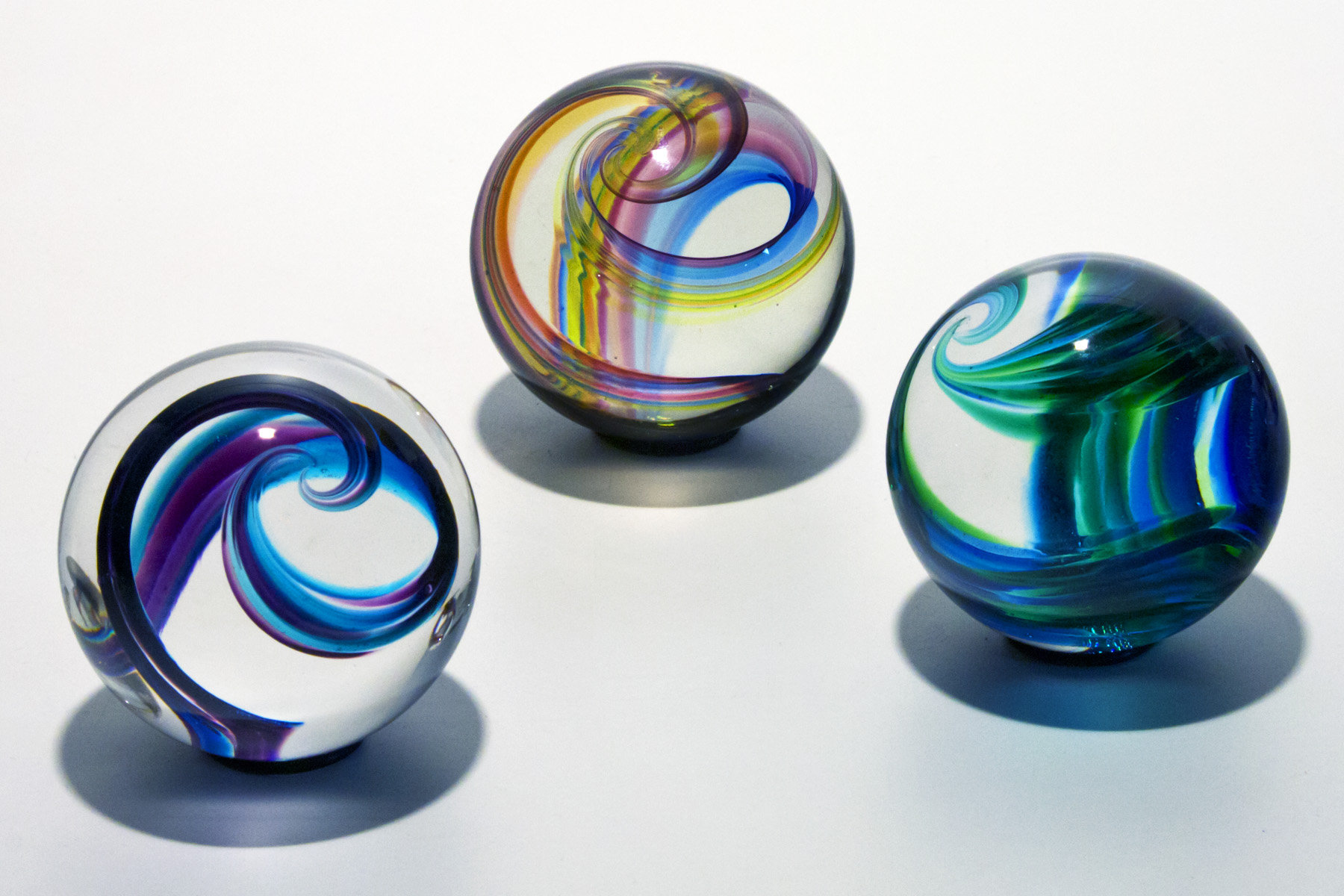
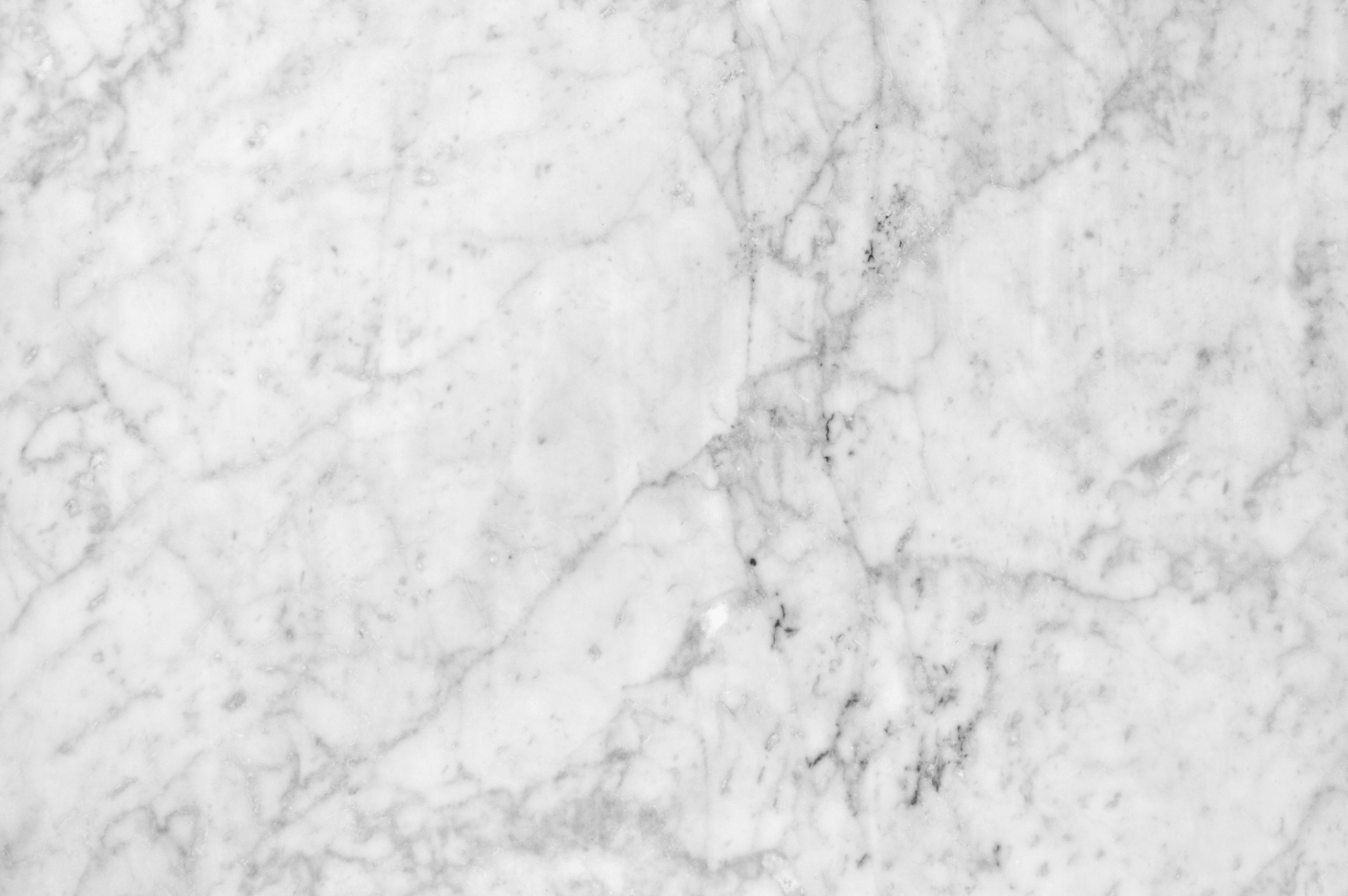
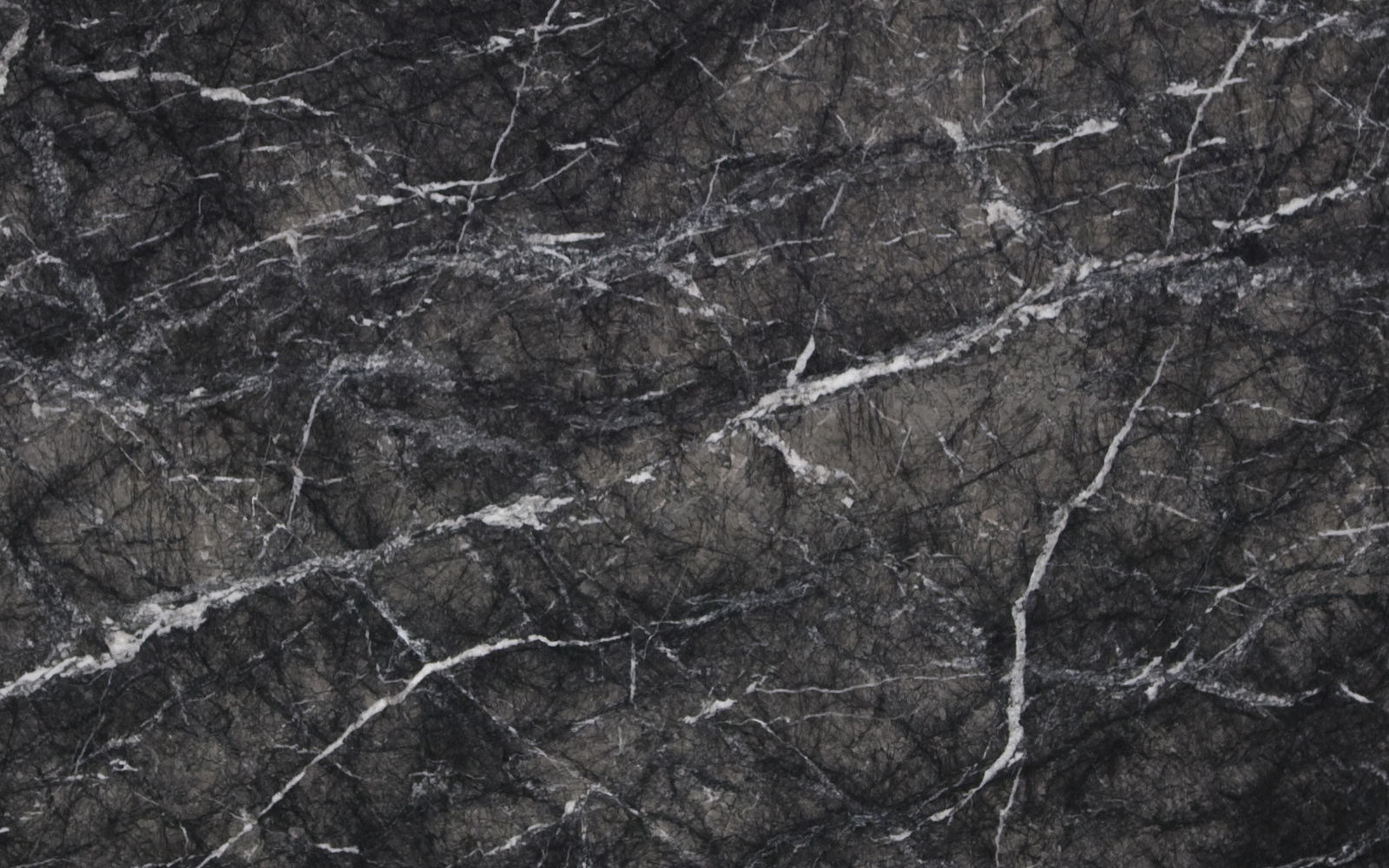





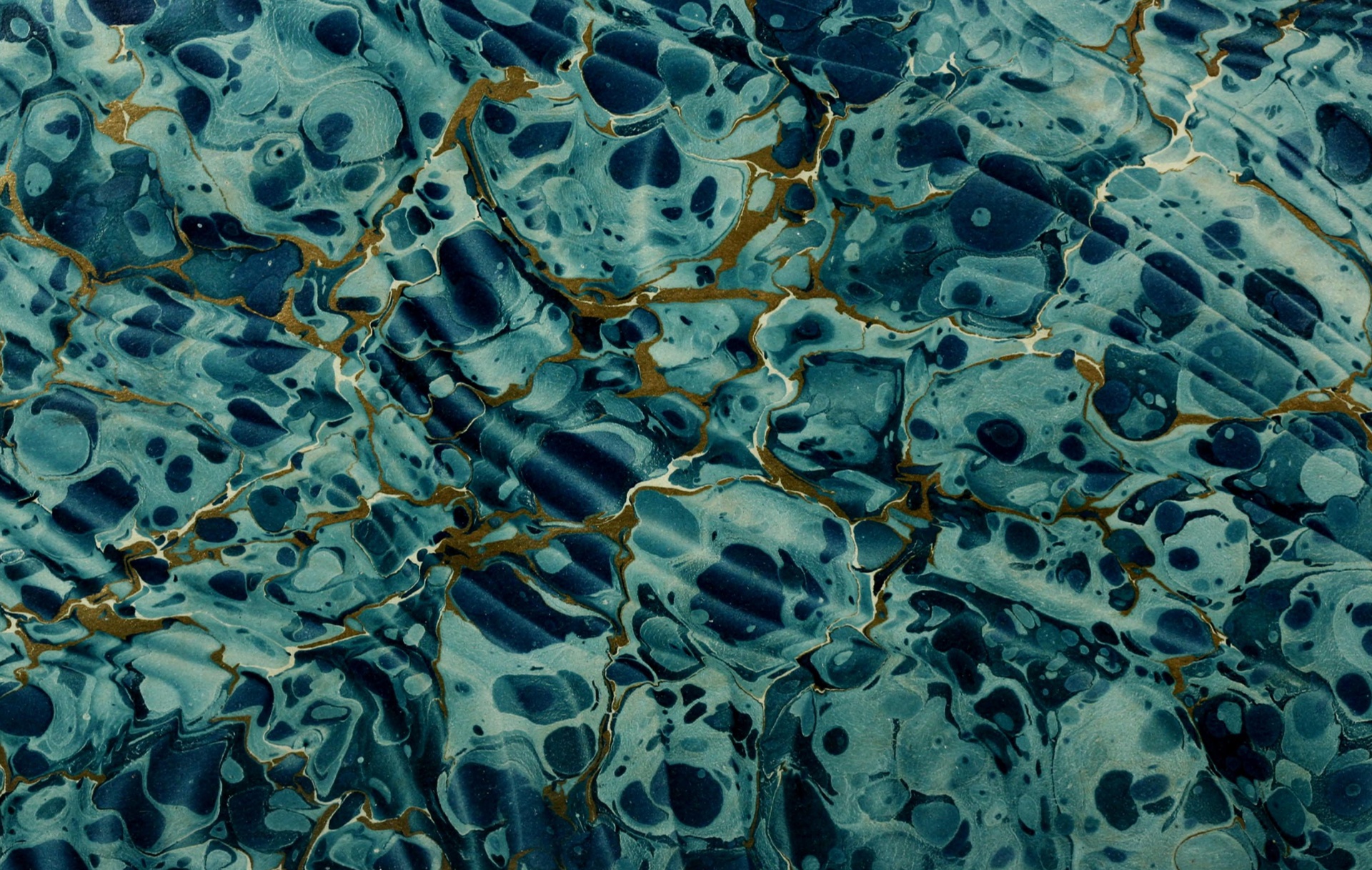
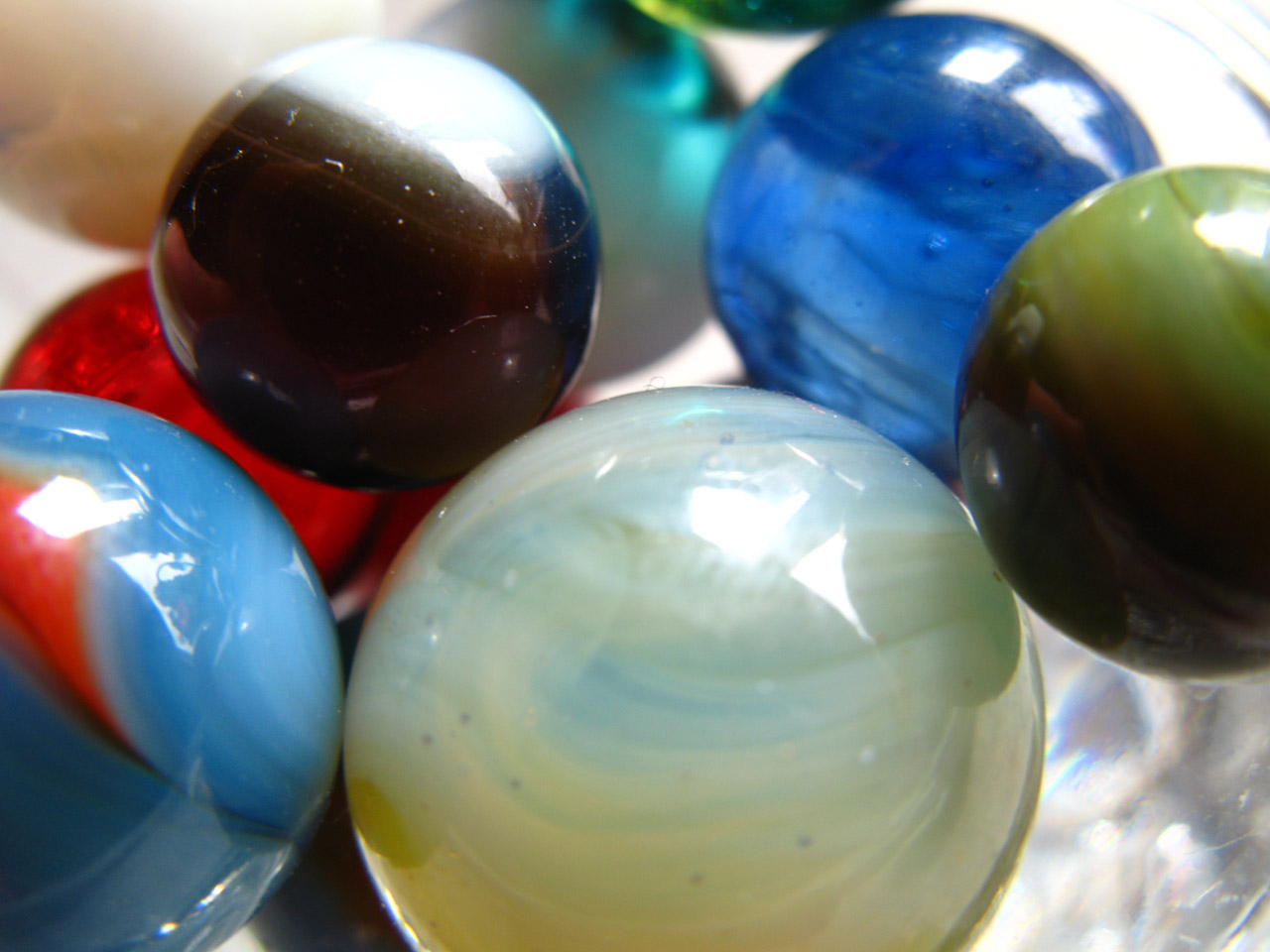



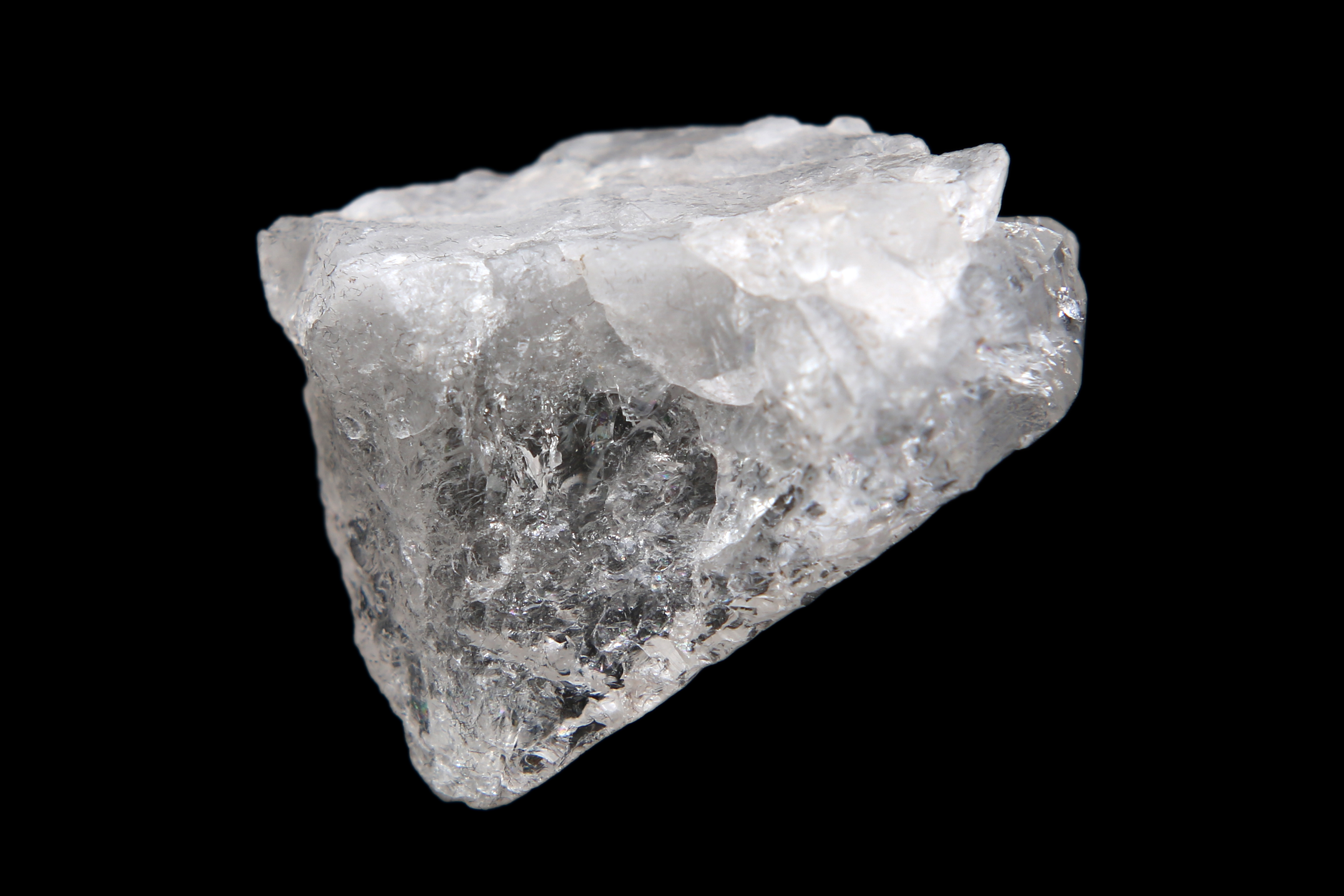
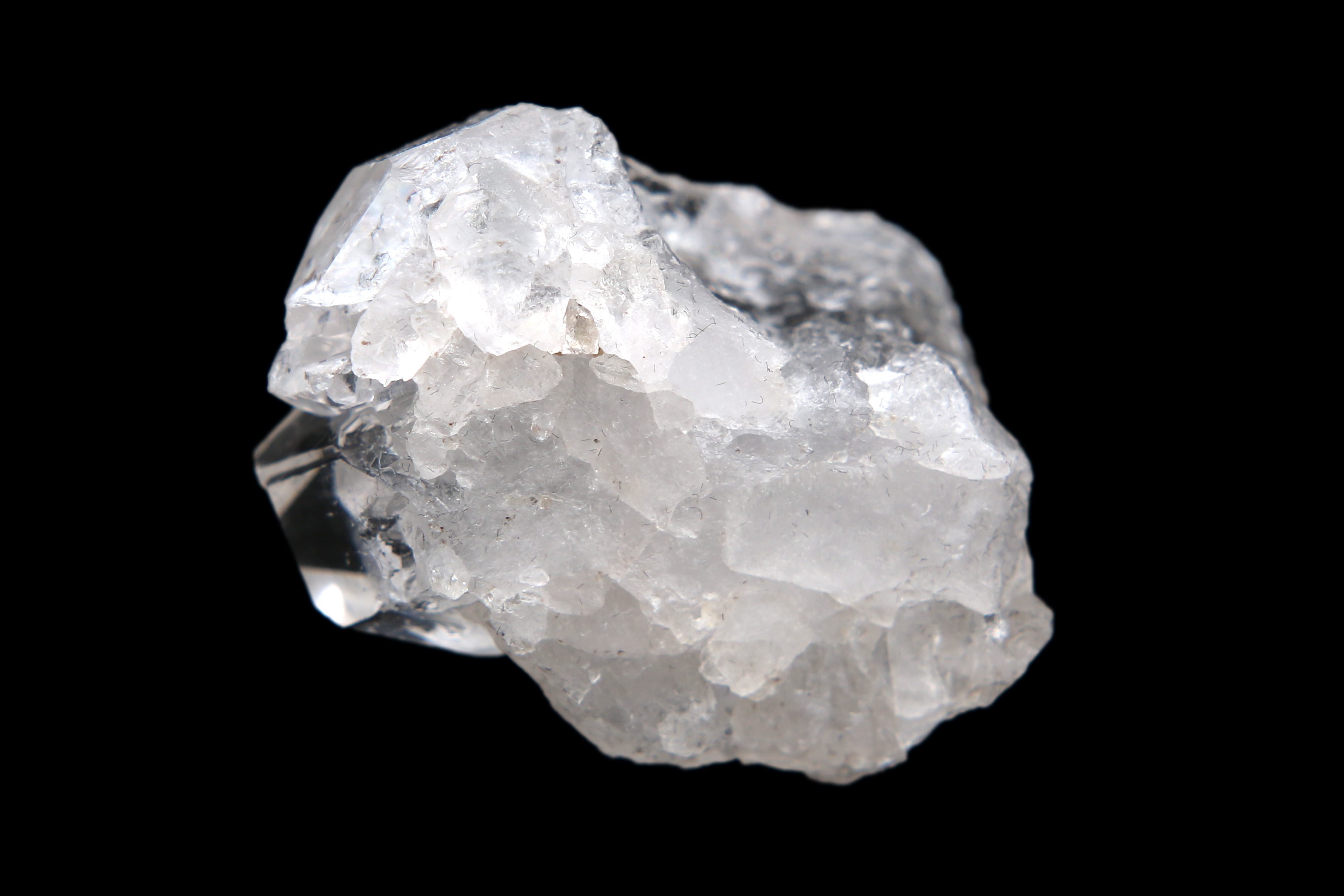
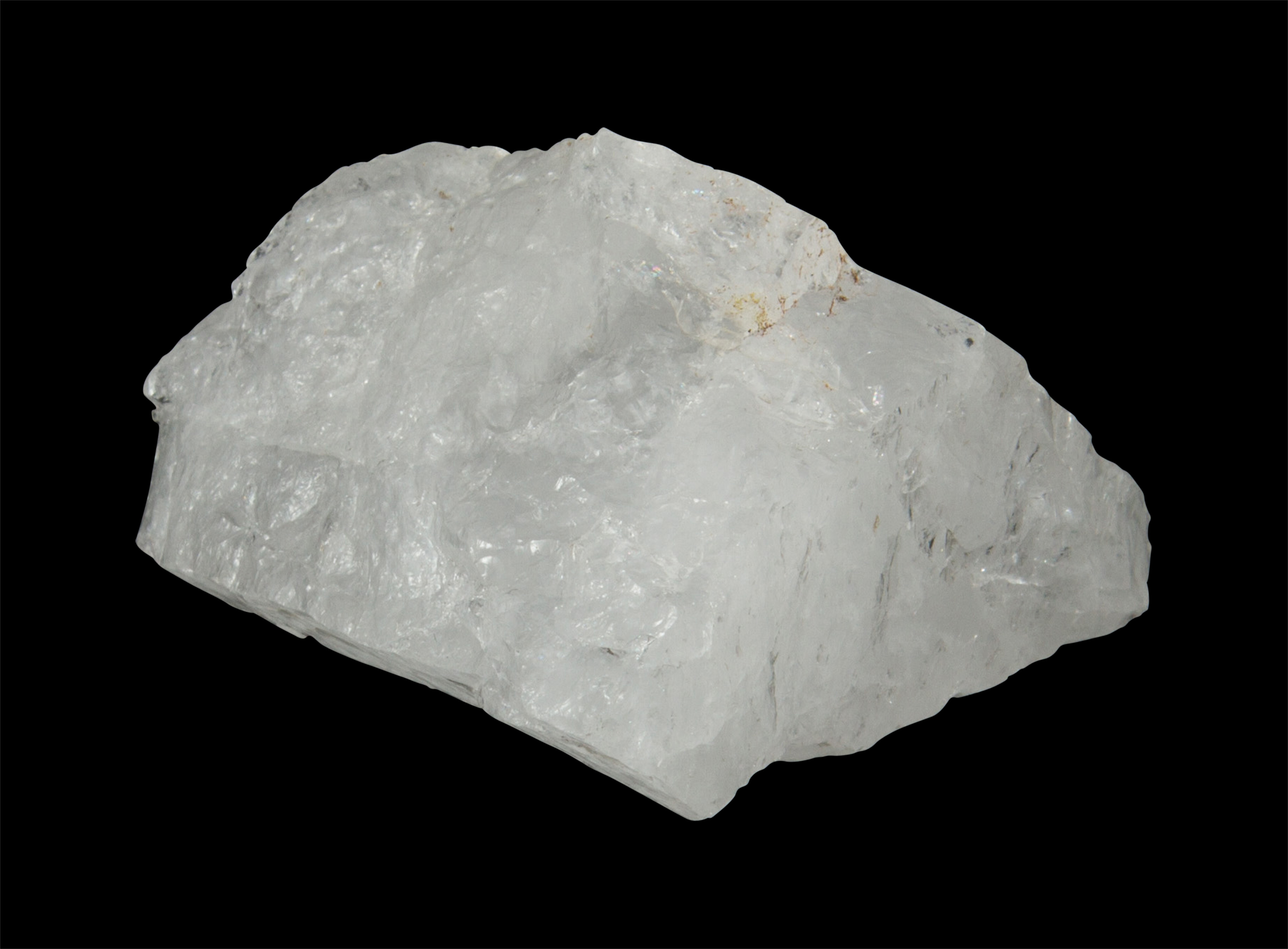
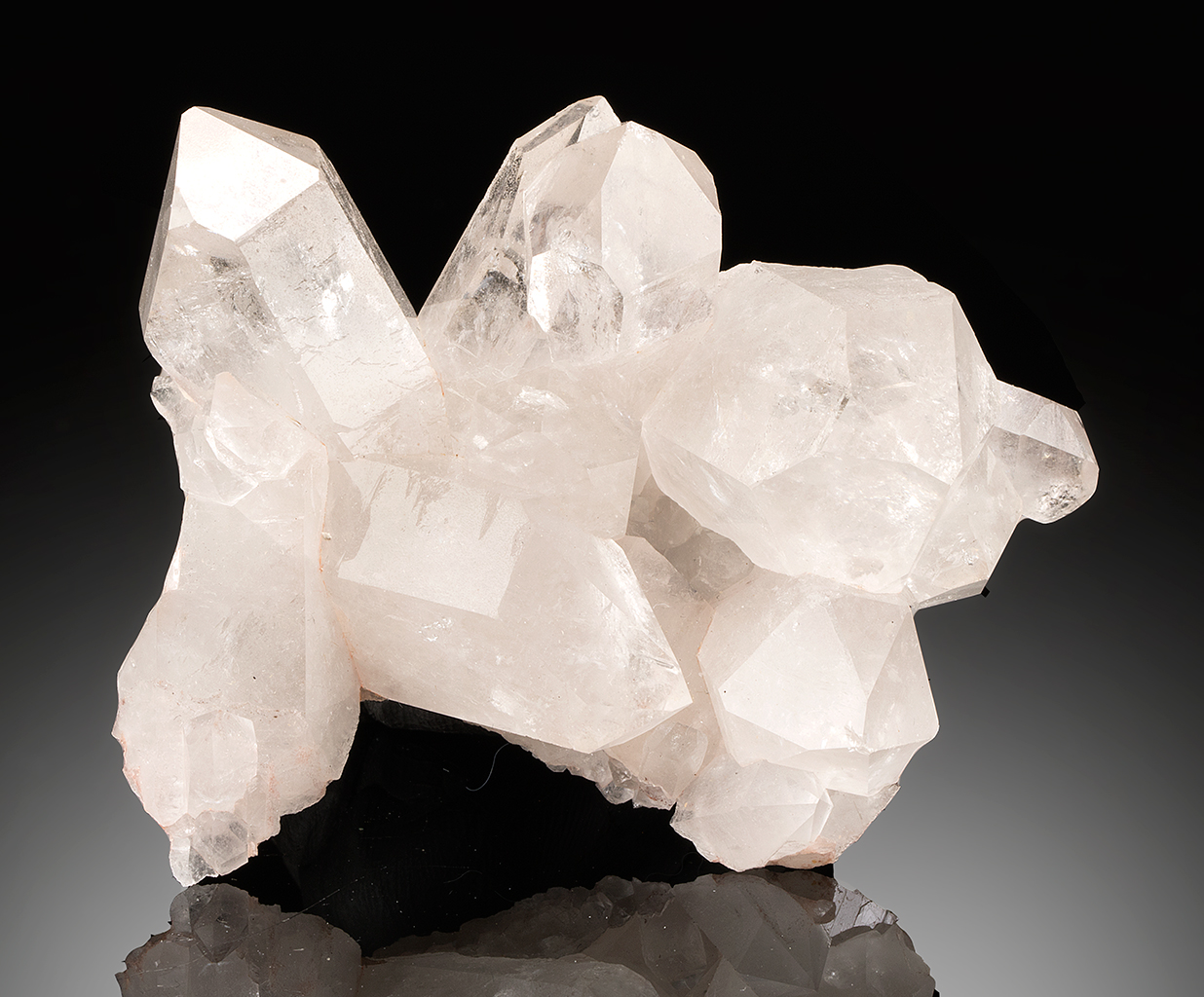
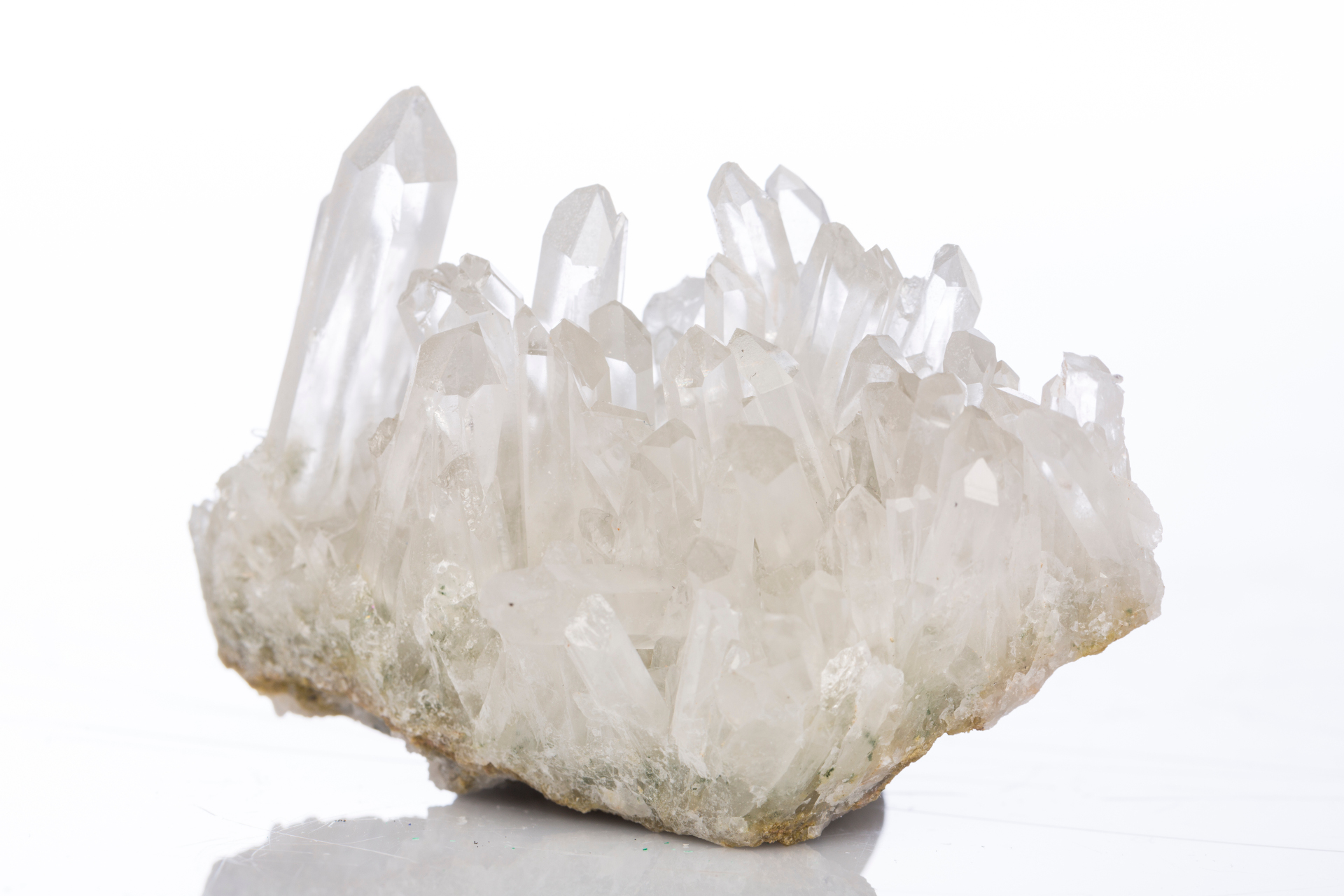
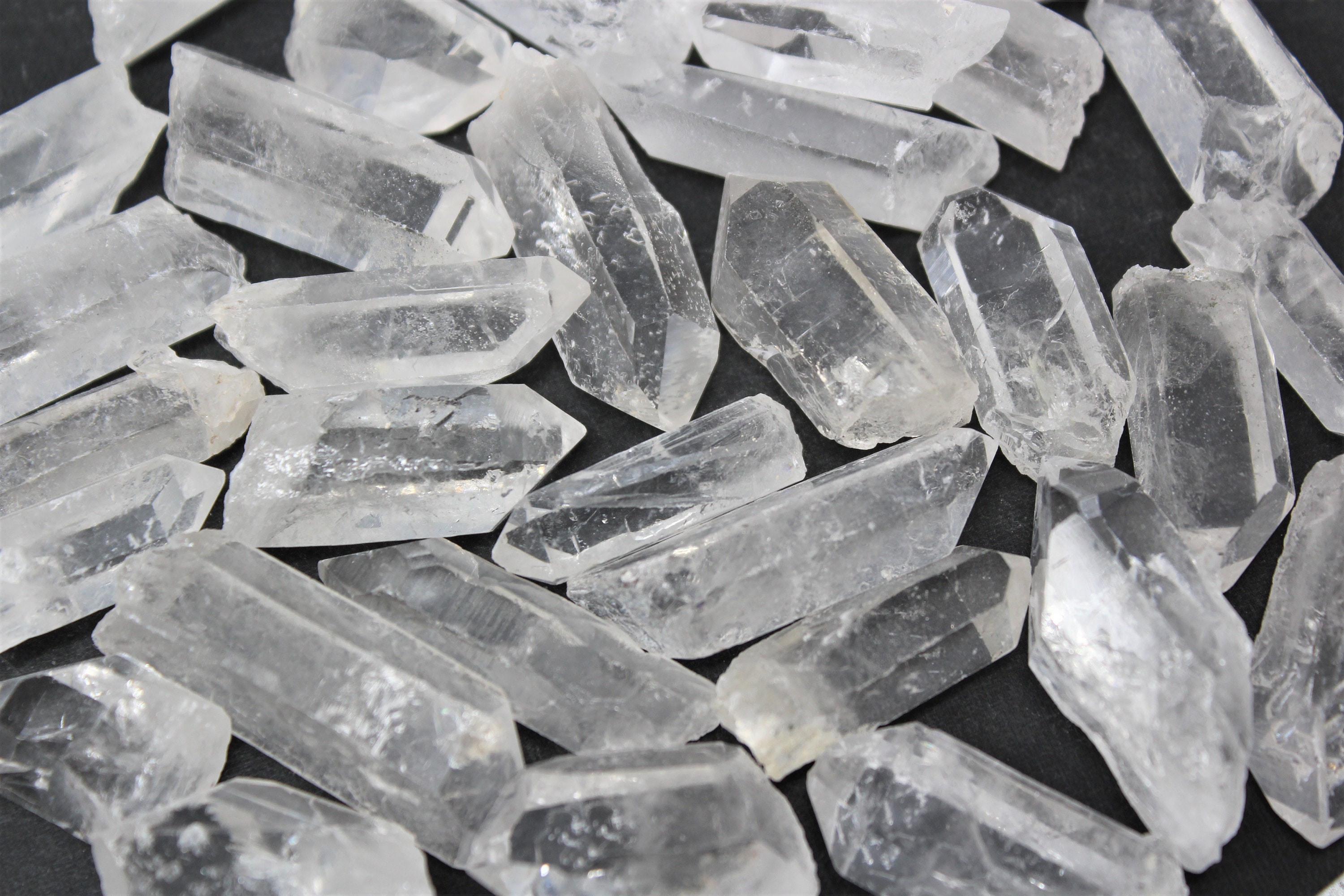
/quartzite-crystal-mineral-sample-studio-shot-with-black-background-972333846-5c7e6525c9e77c0001d19dda.jpg)


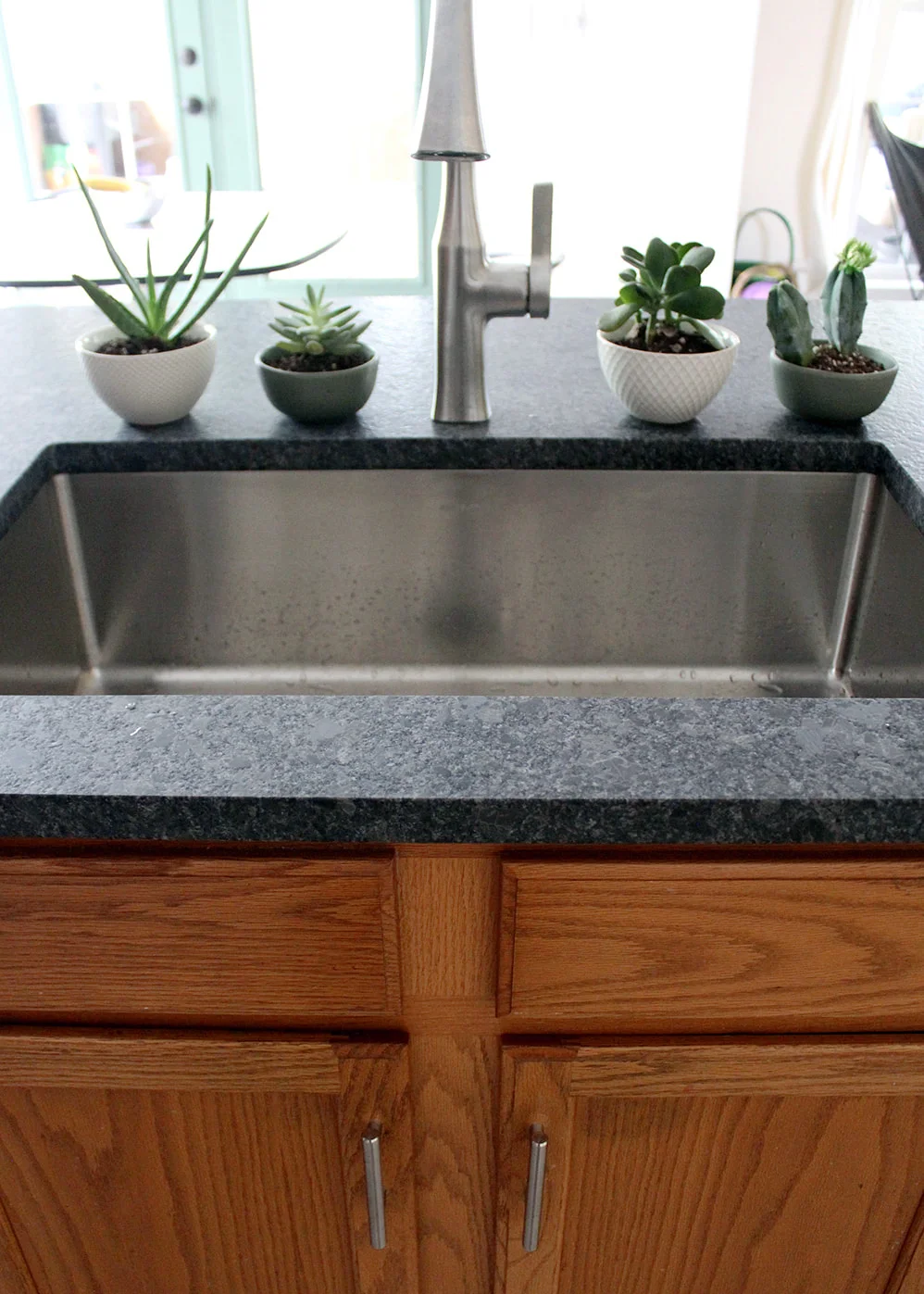

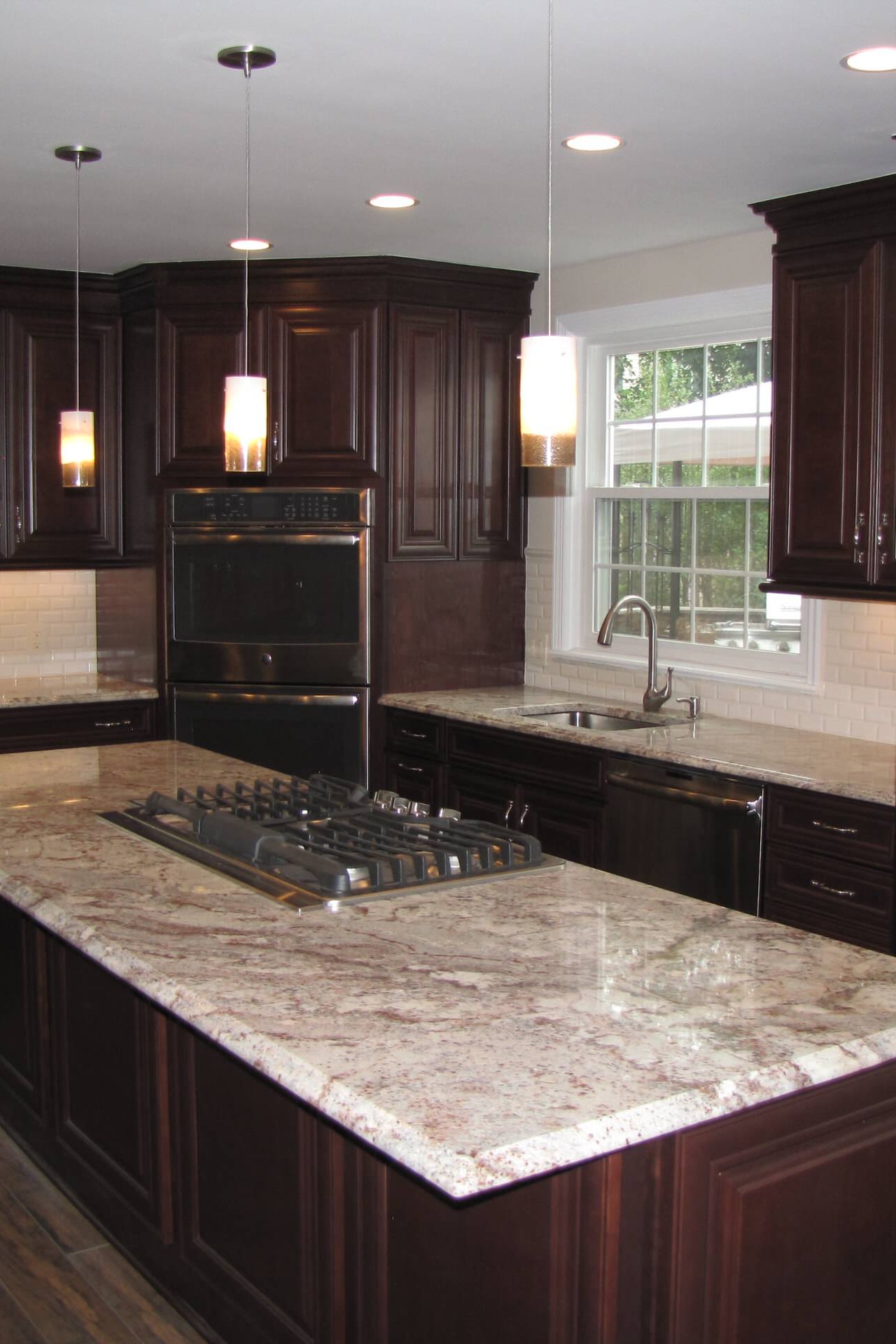

/Granite-Countertop-58c568523df78c353cfebca3.jpg)


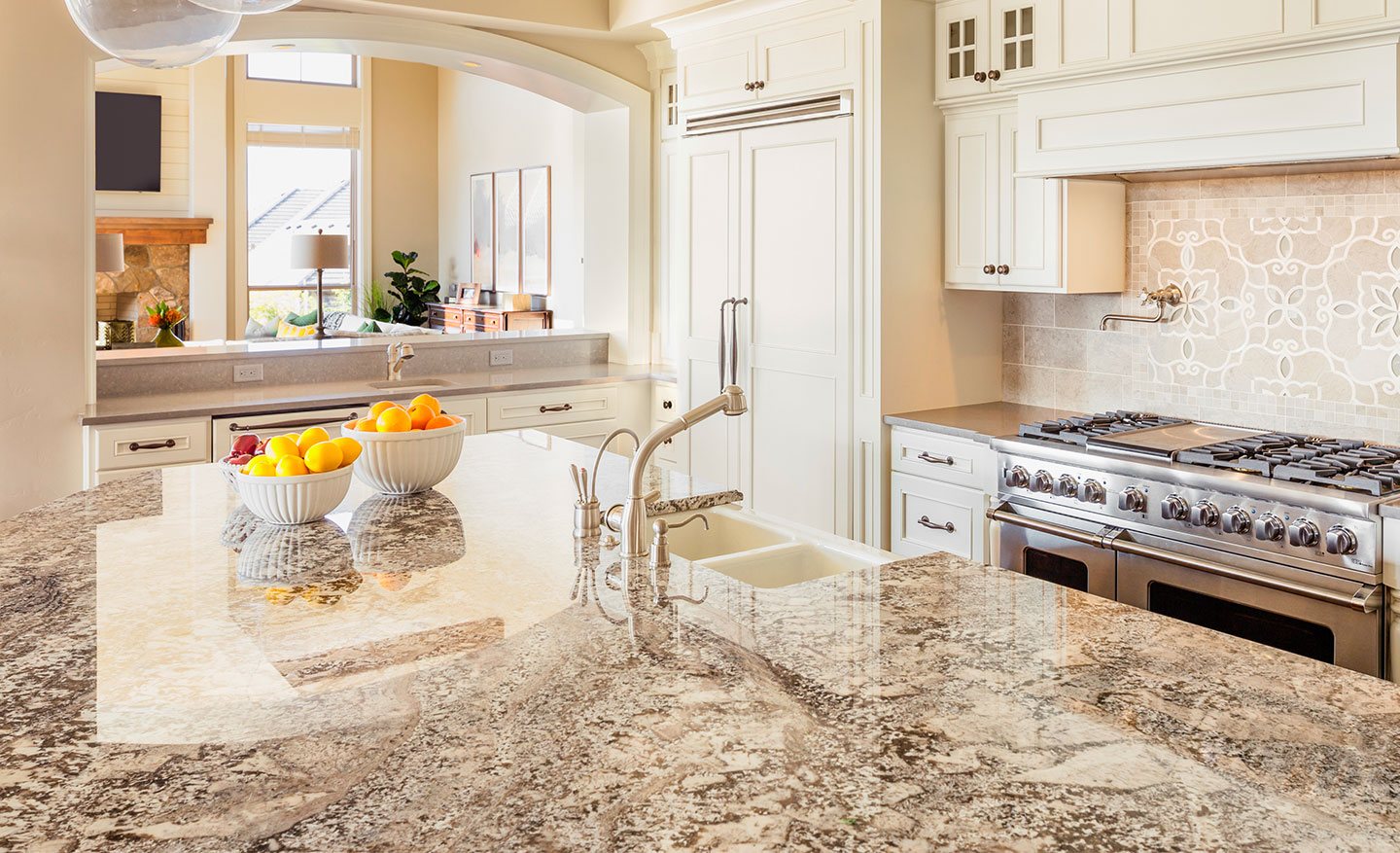



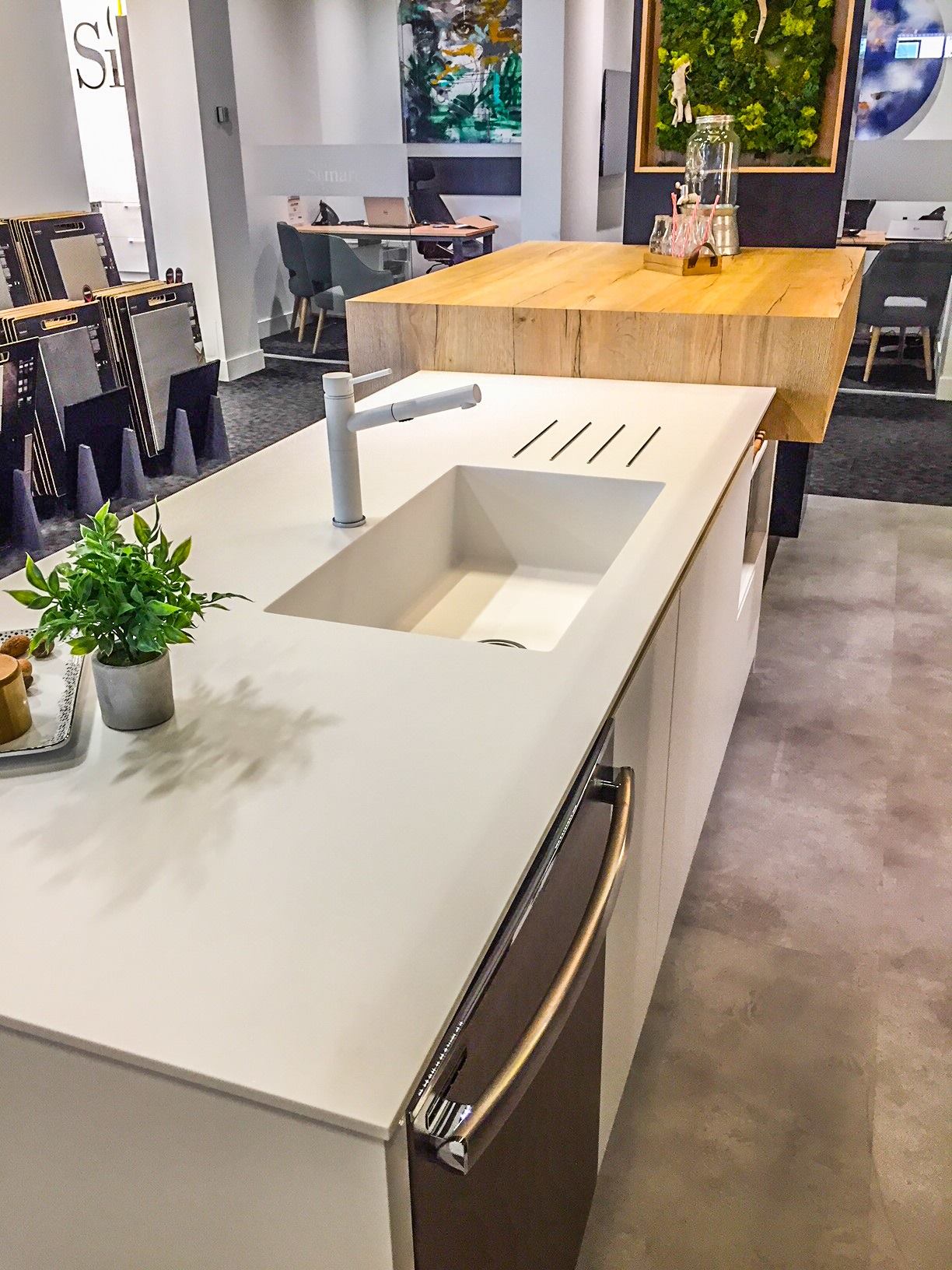
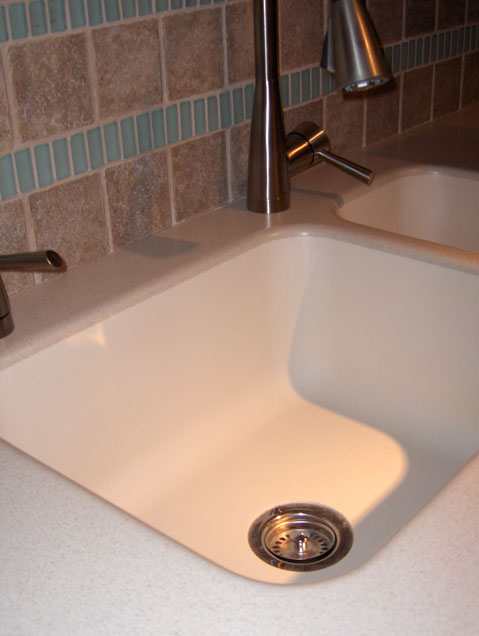

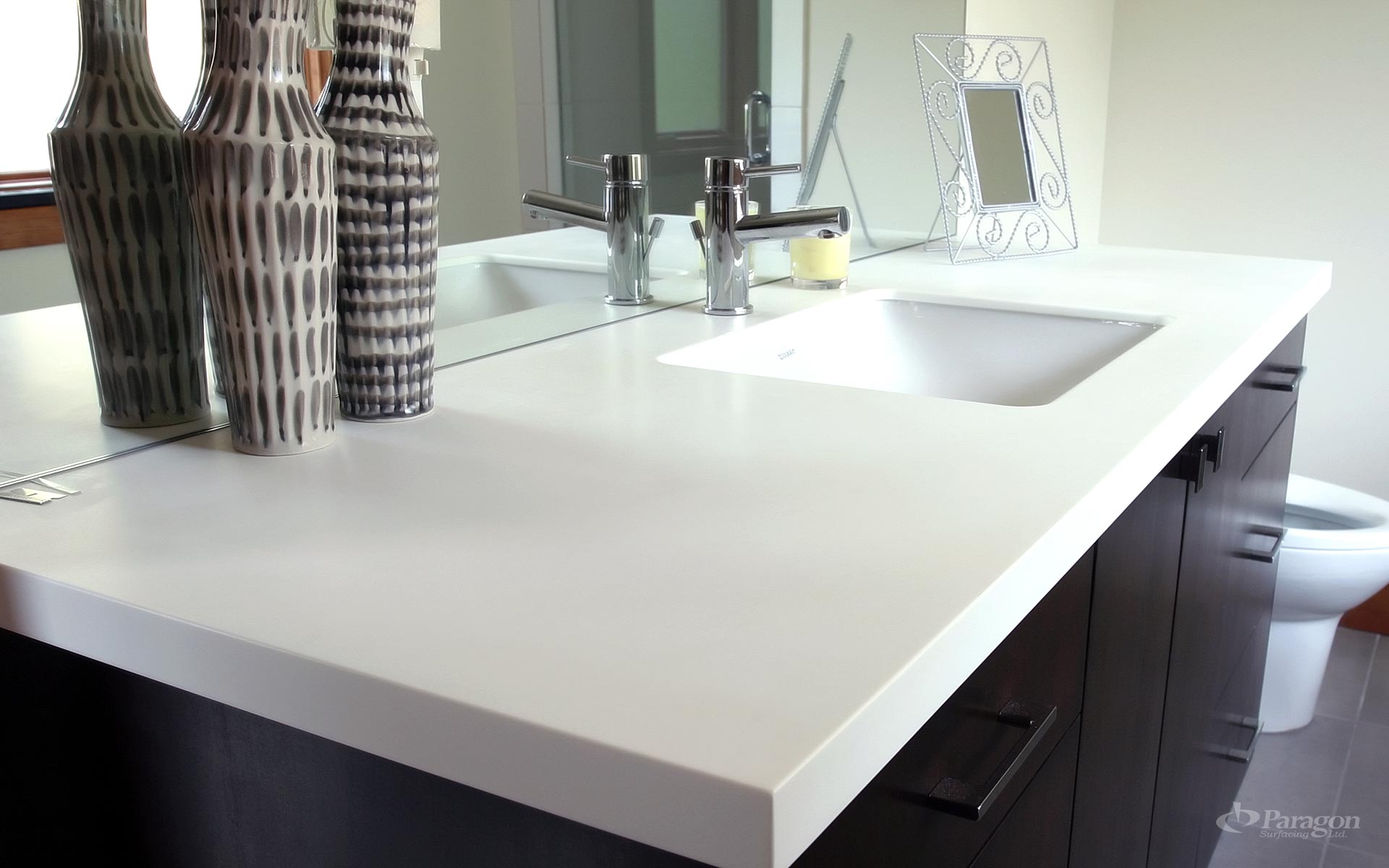
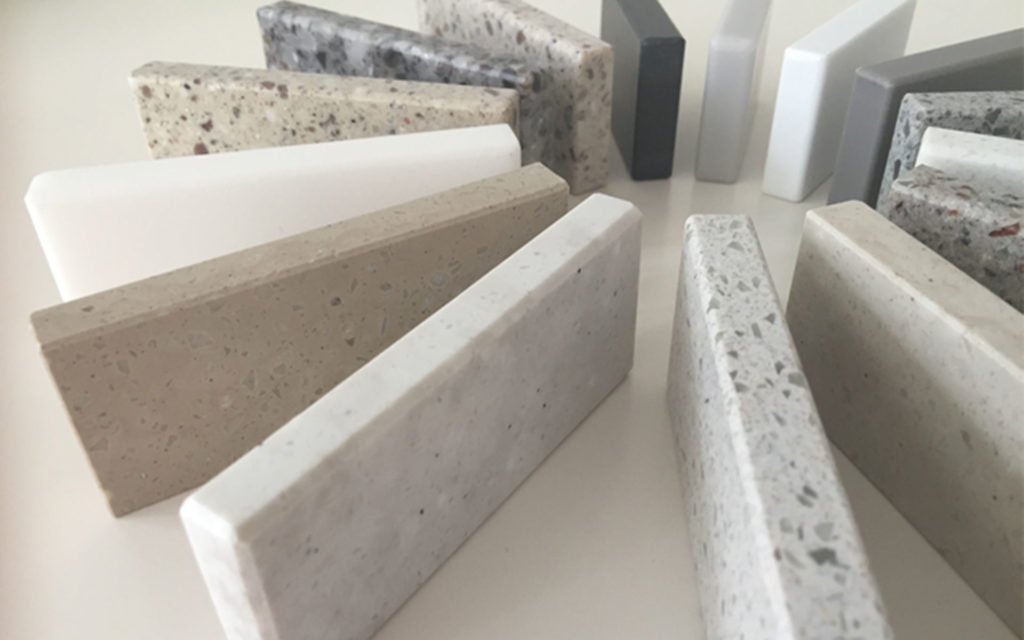




/Bathroomvanity-GettyImages-484490250-cdfaa72bc448469a8381b42080fa56ca.jpg)
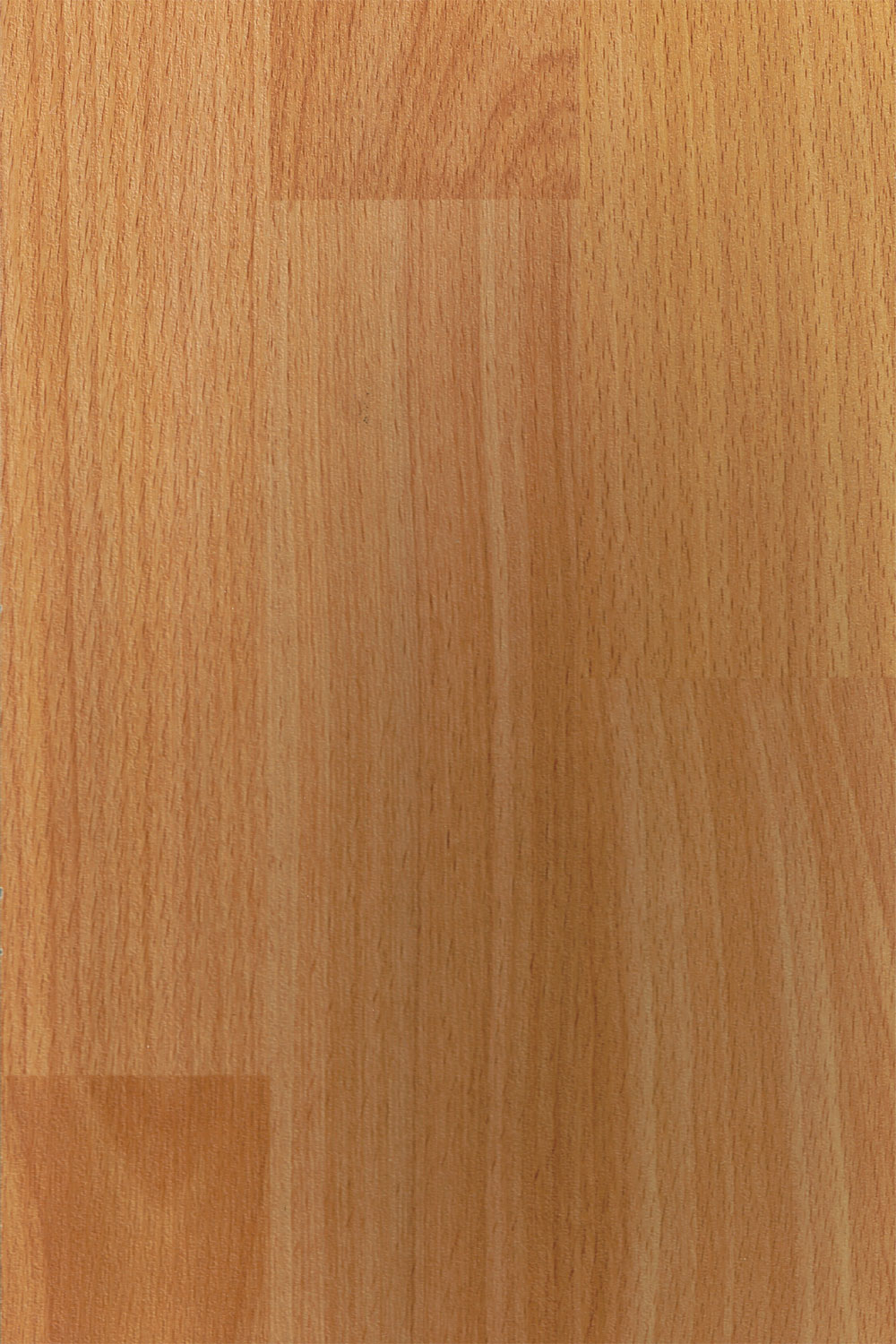


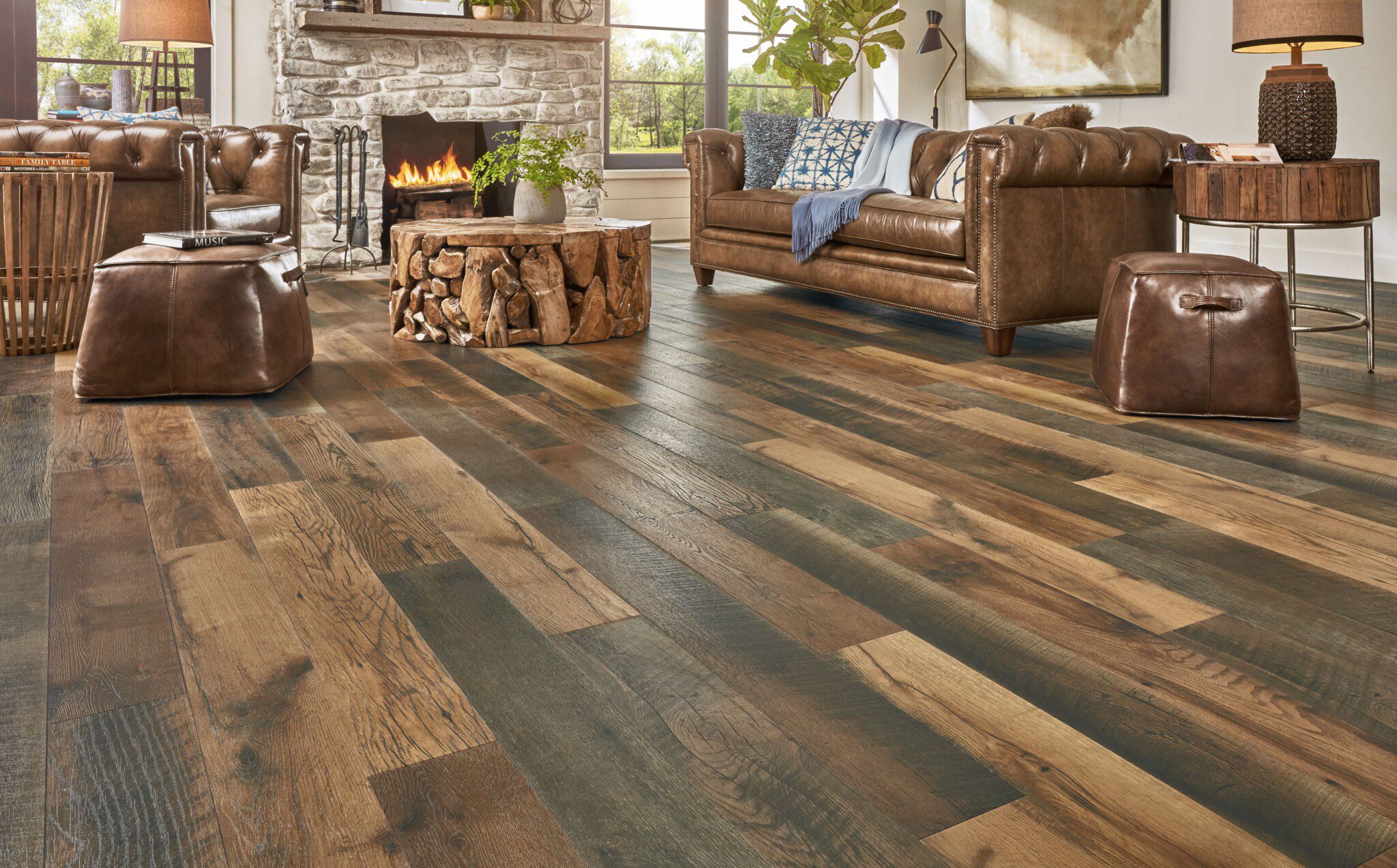
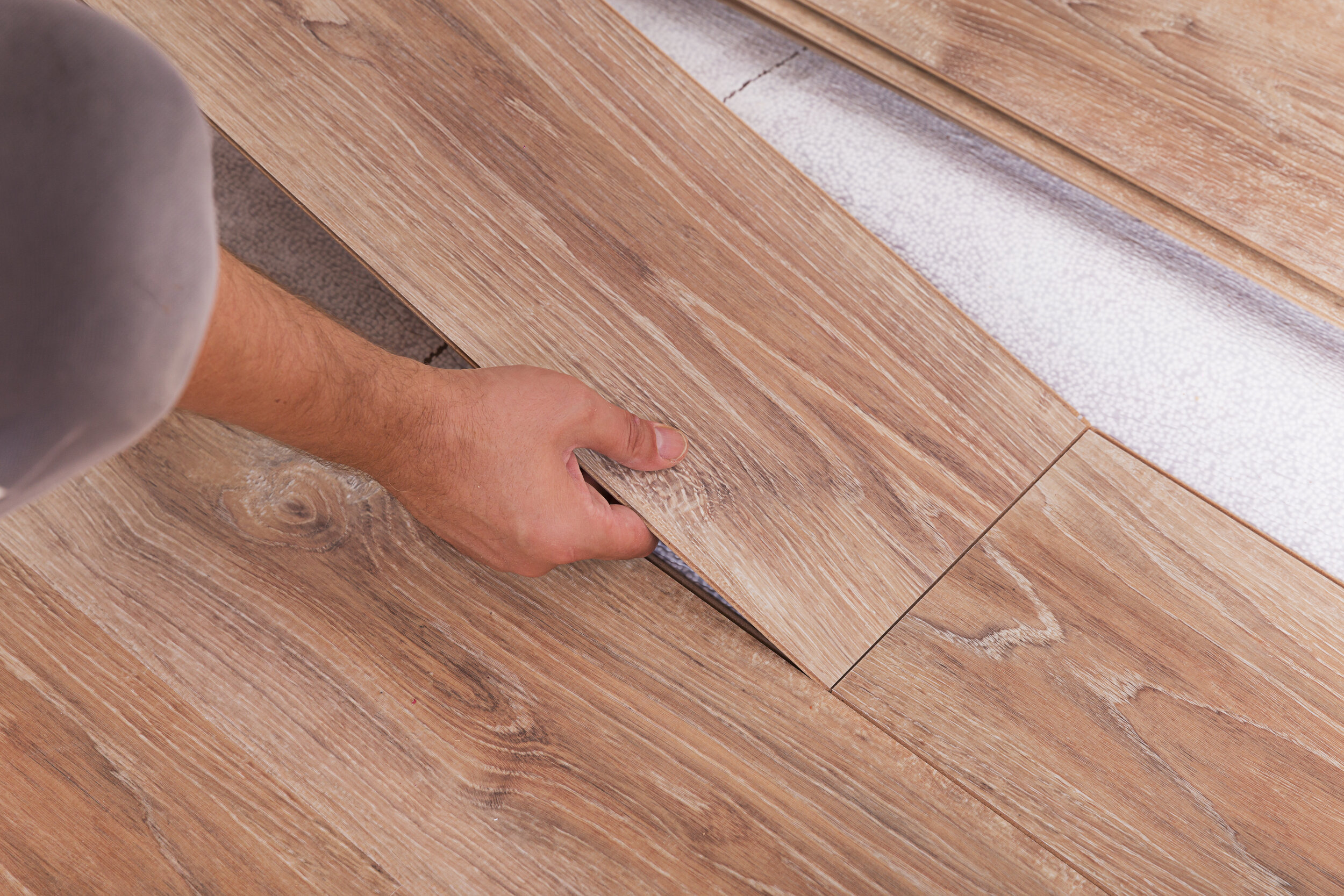

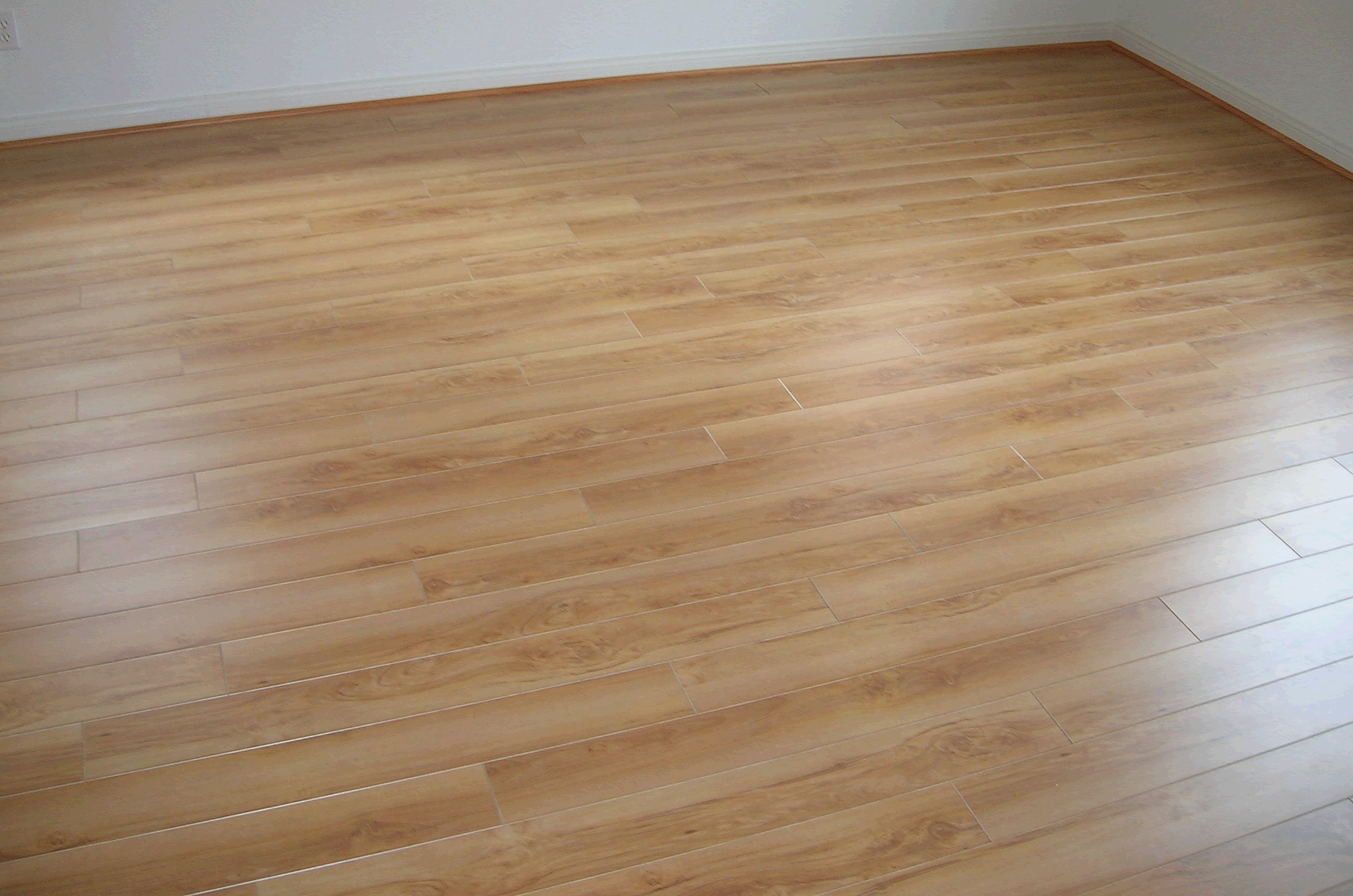



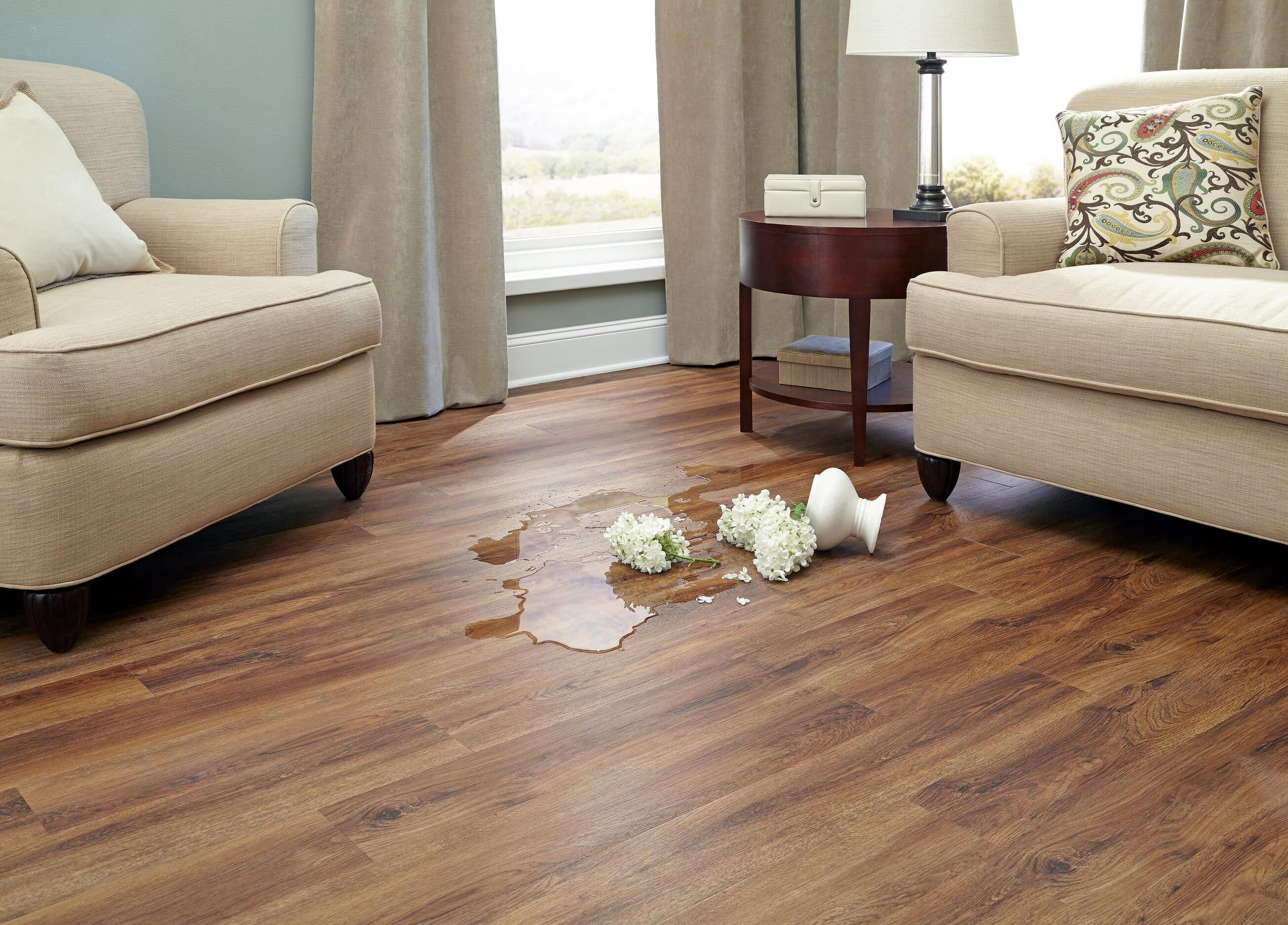






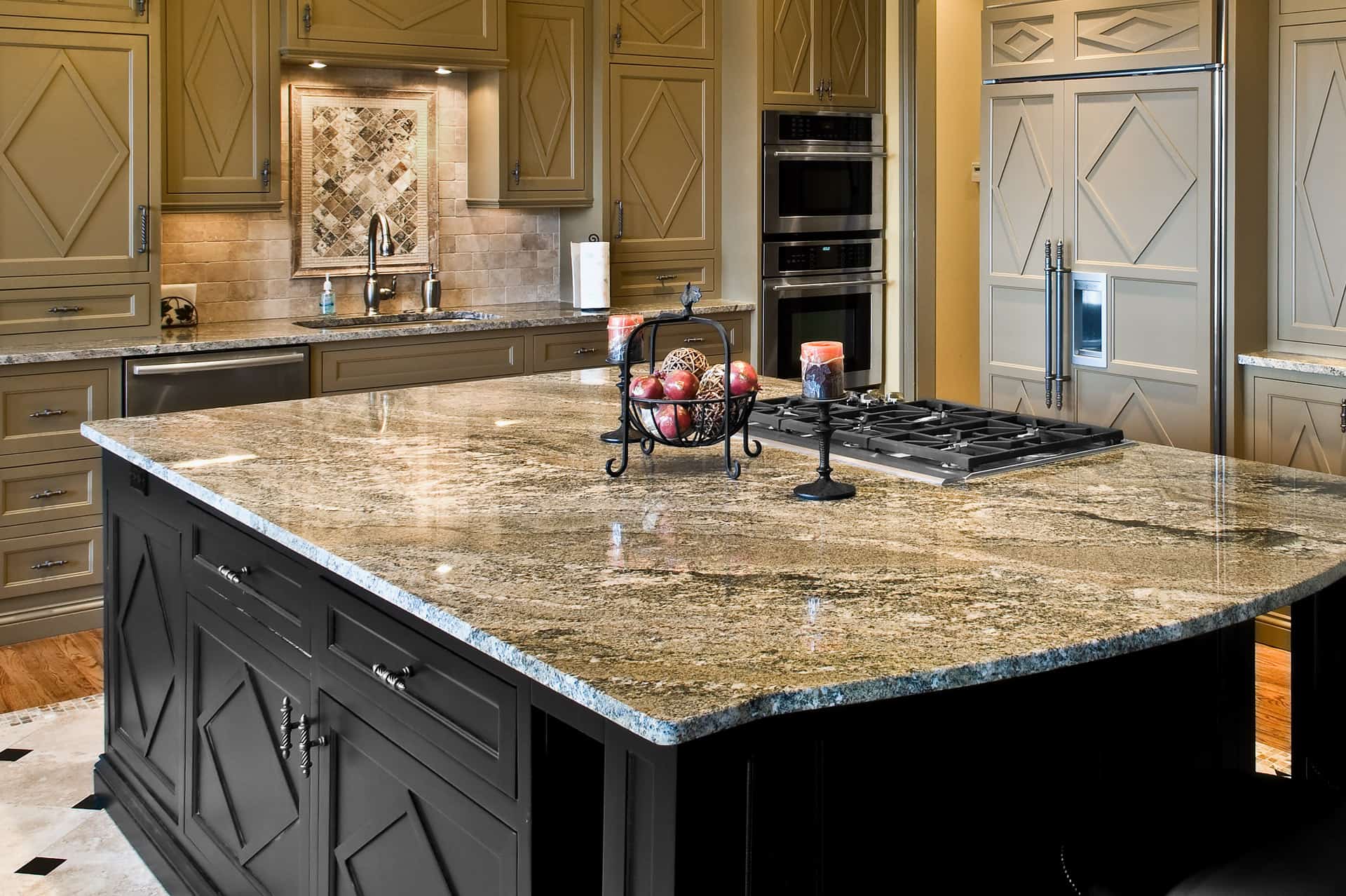


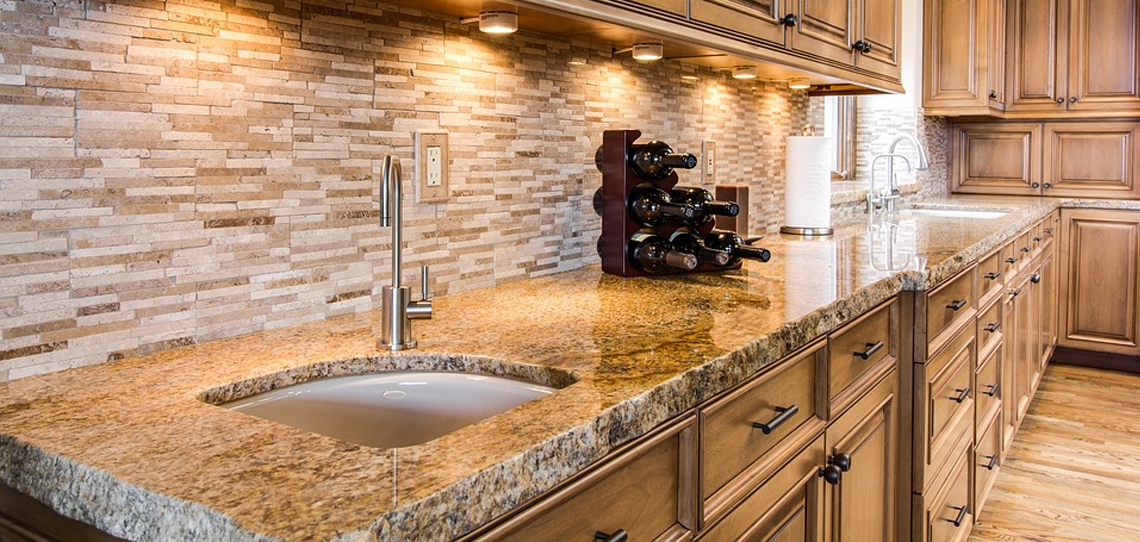

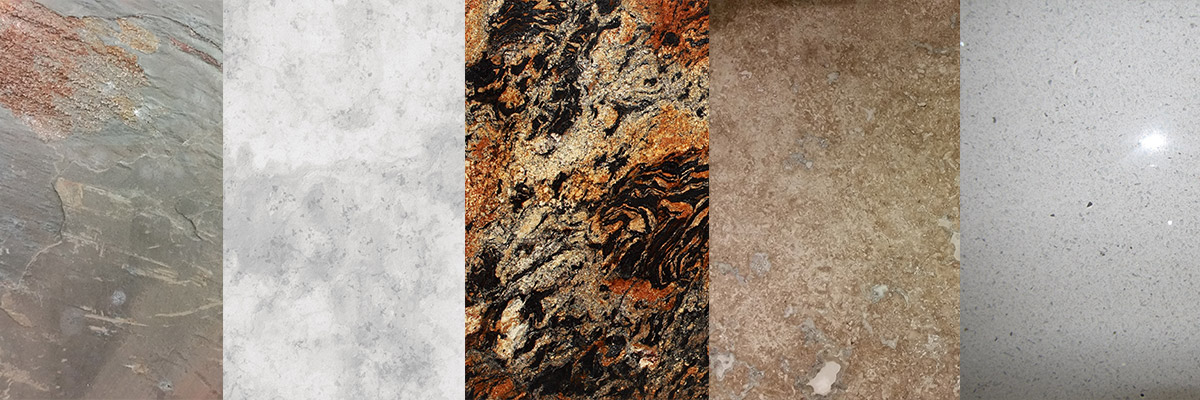
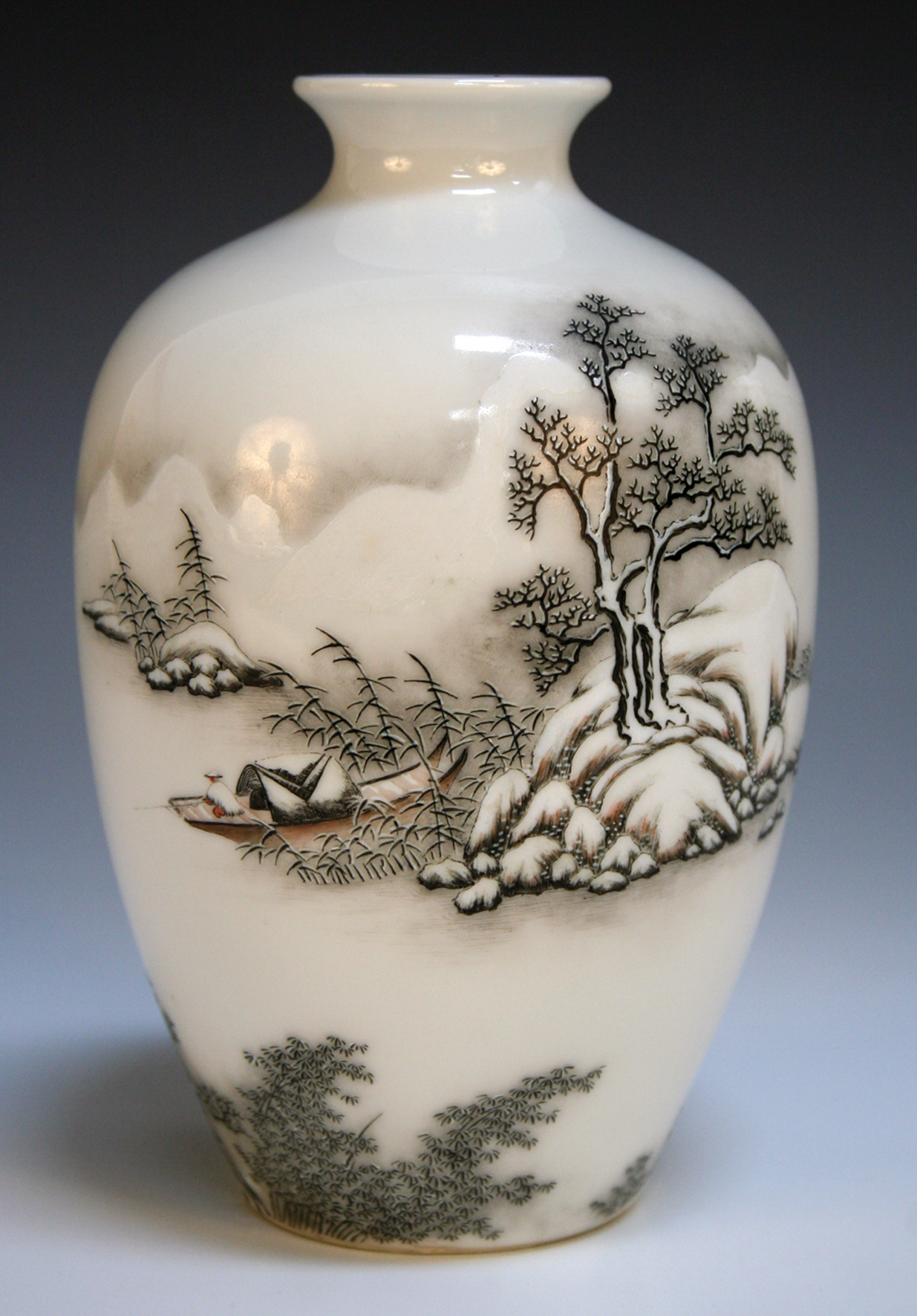

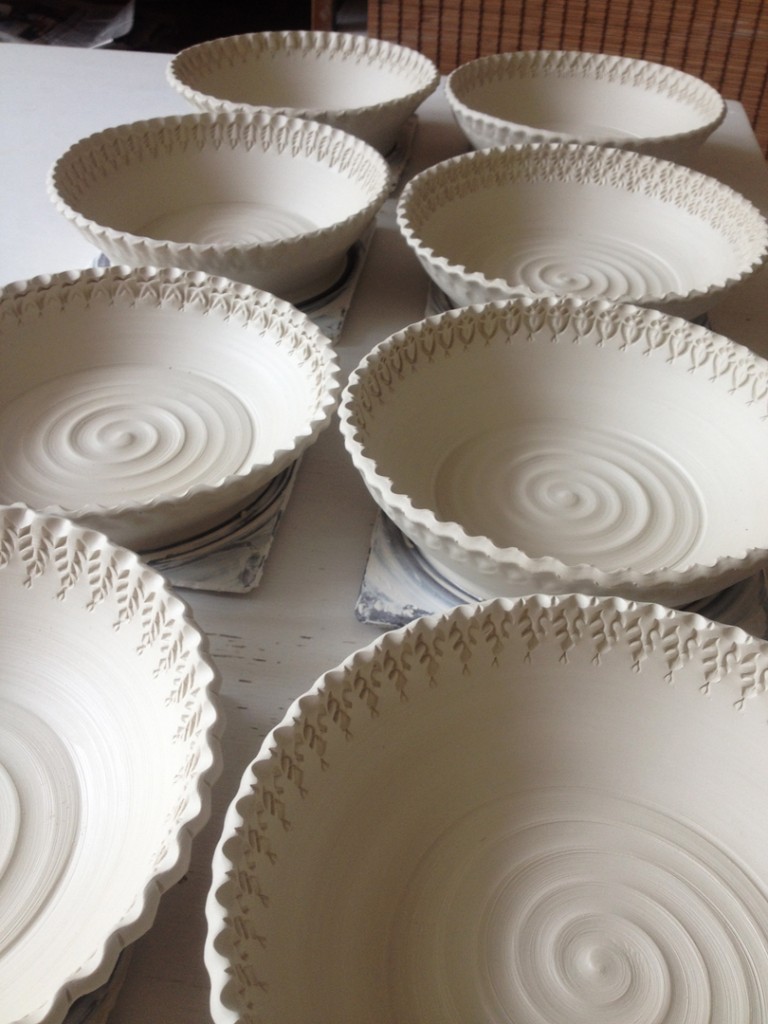


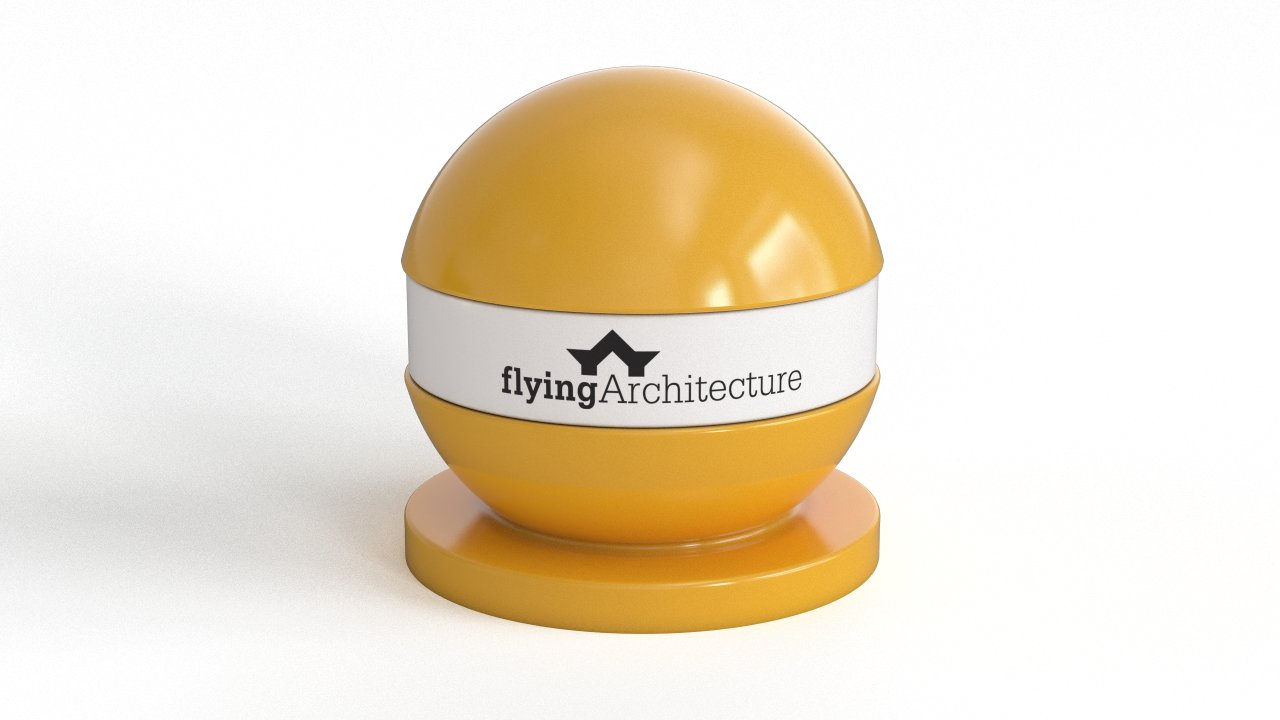



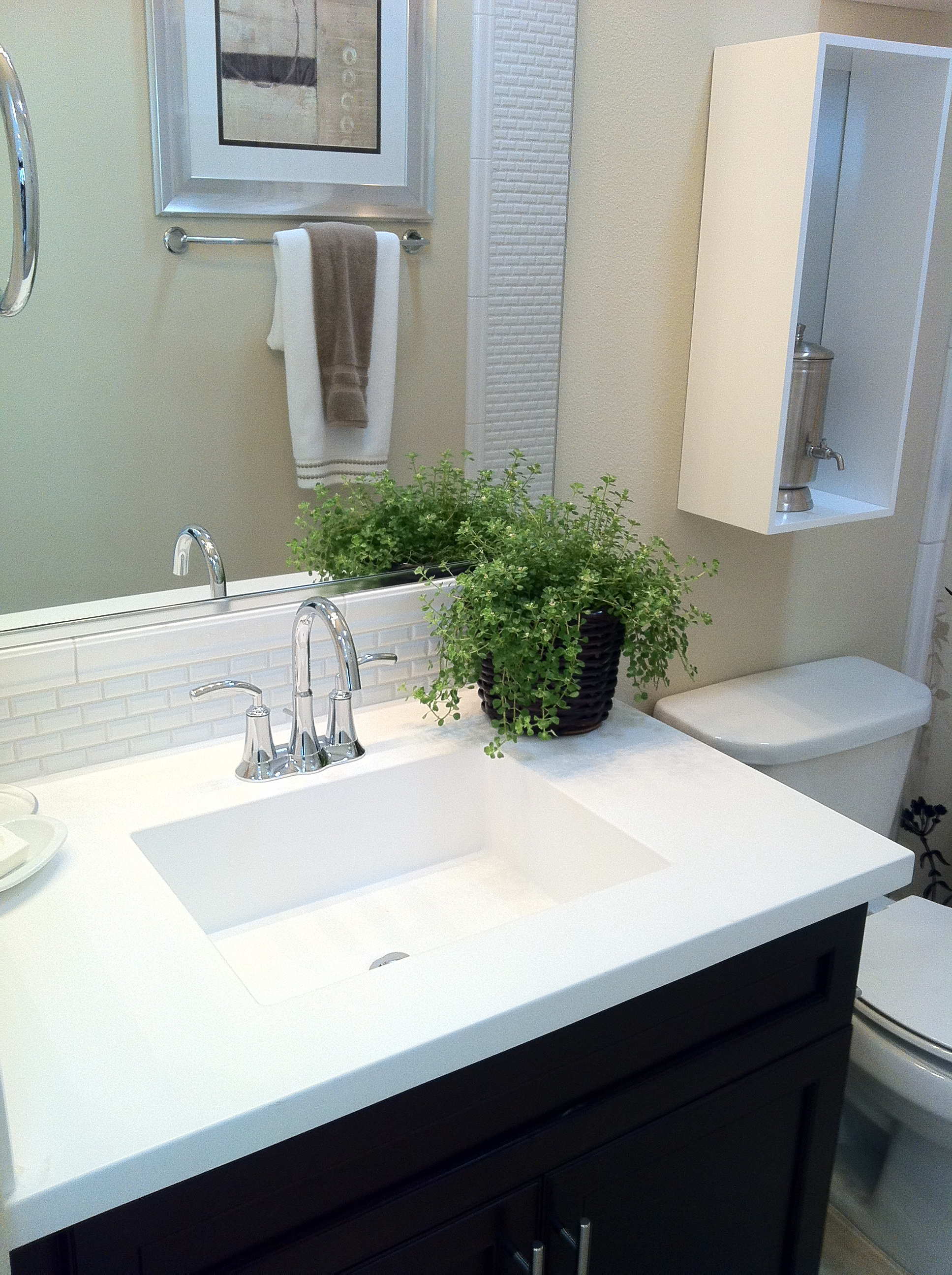
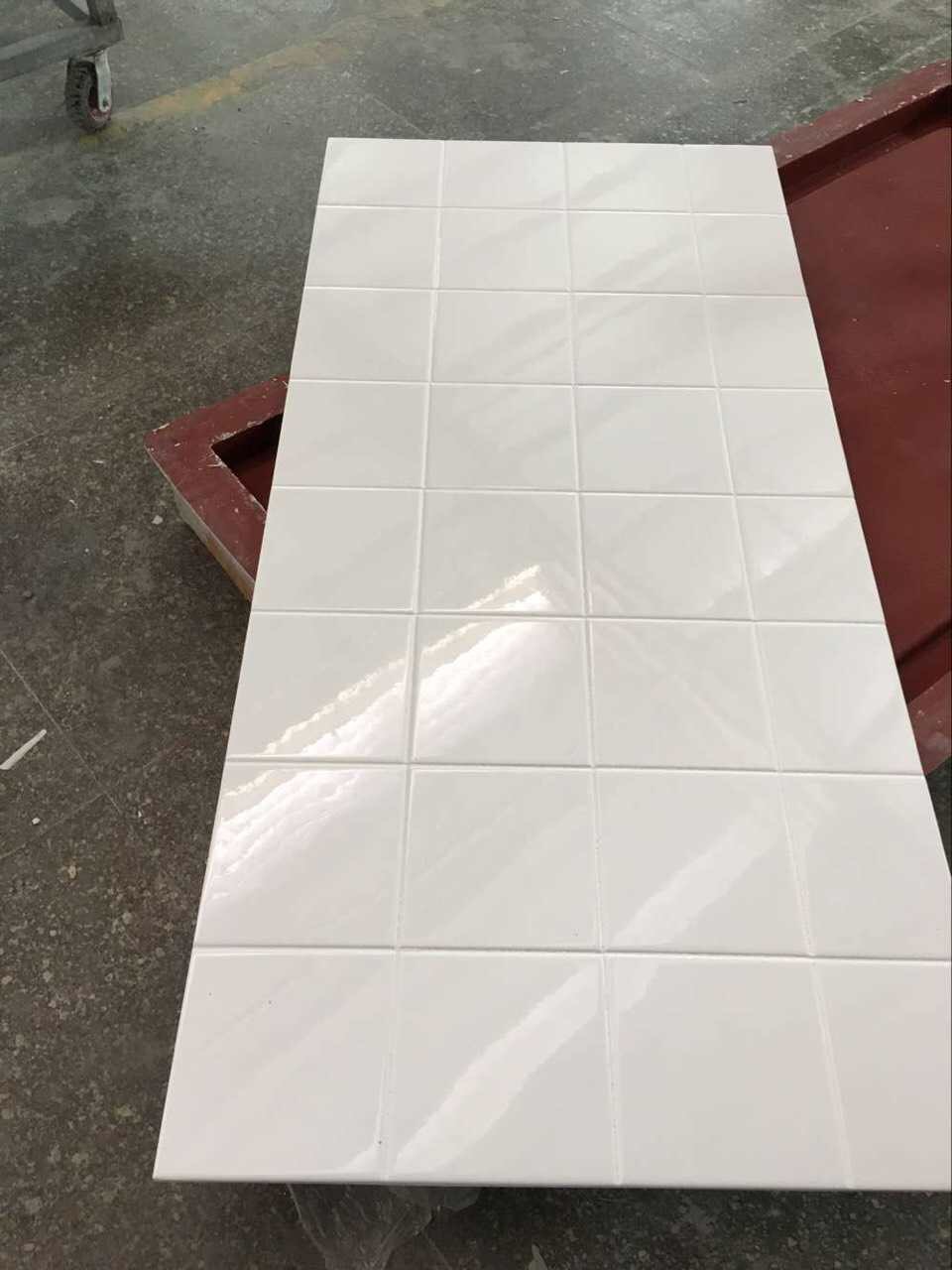
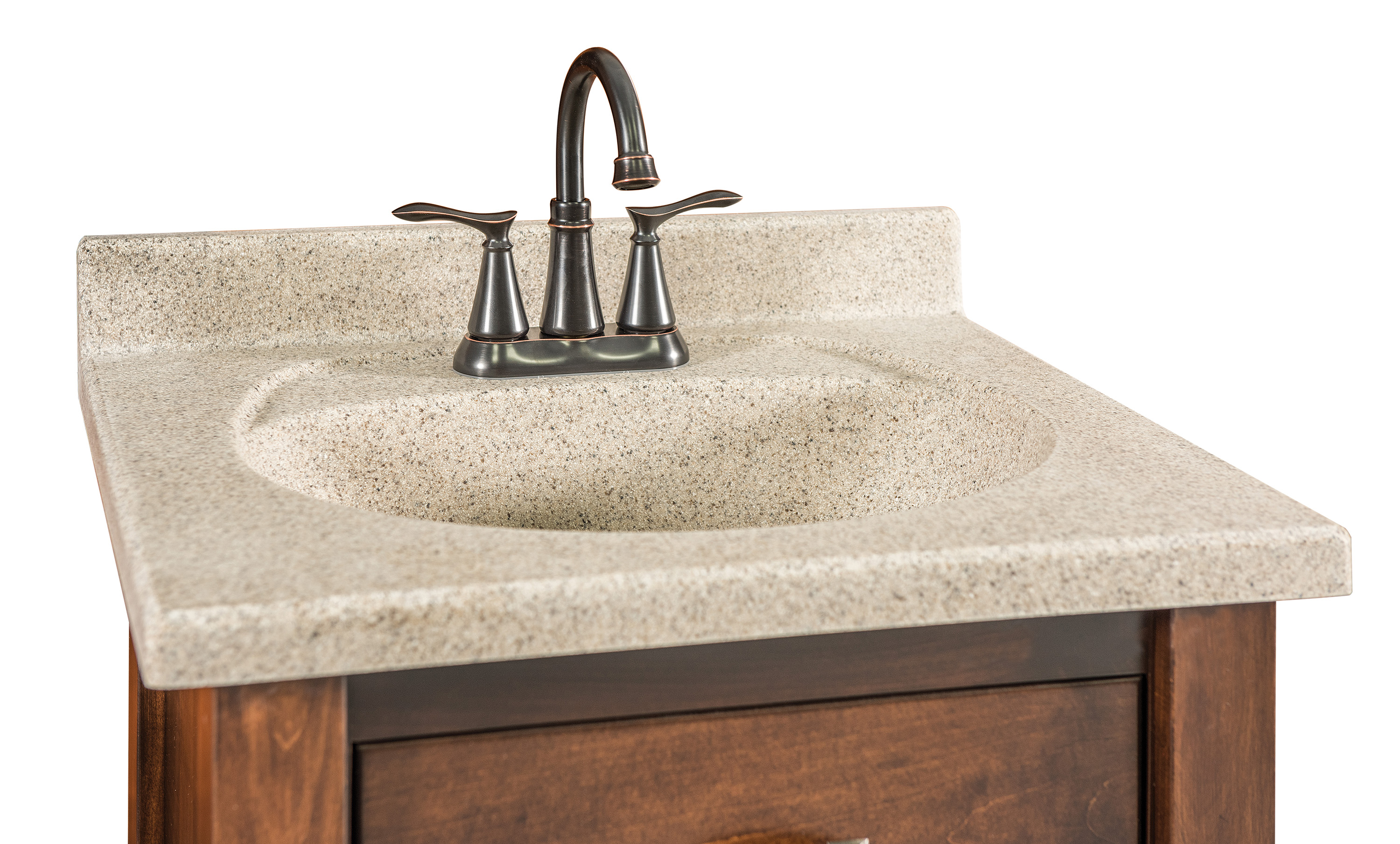

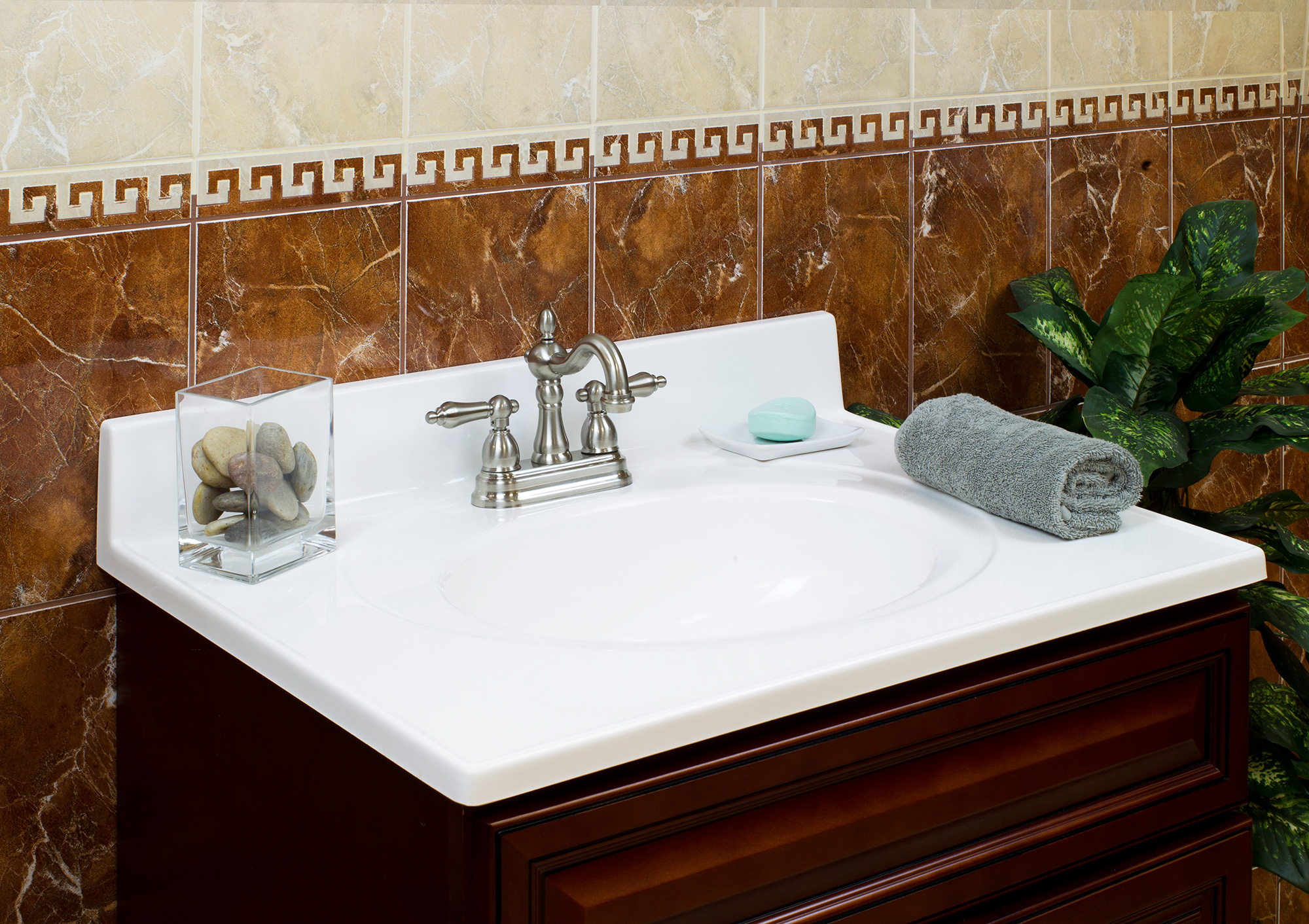
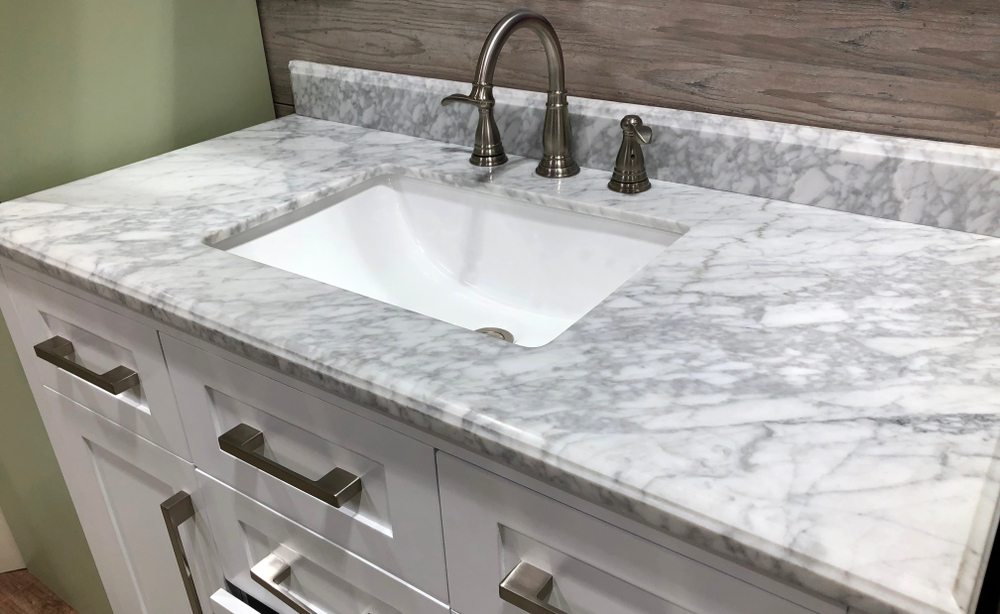


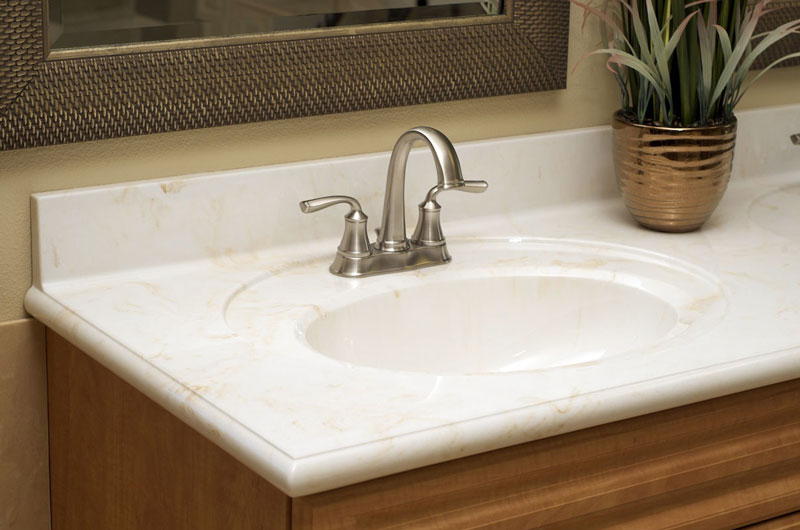



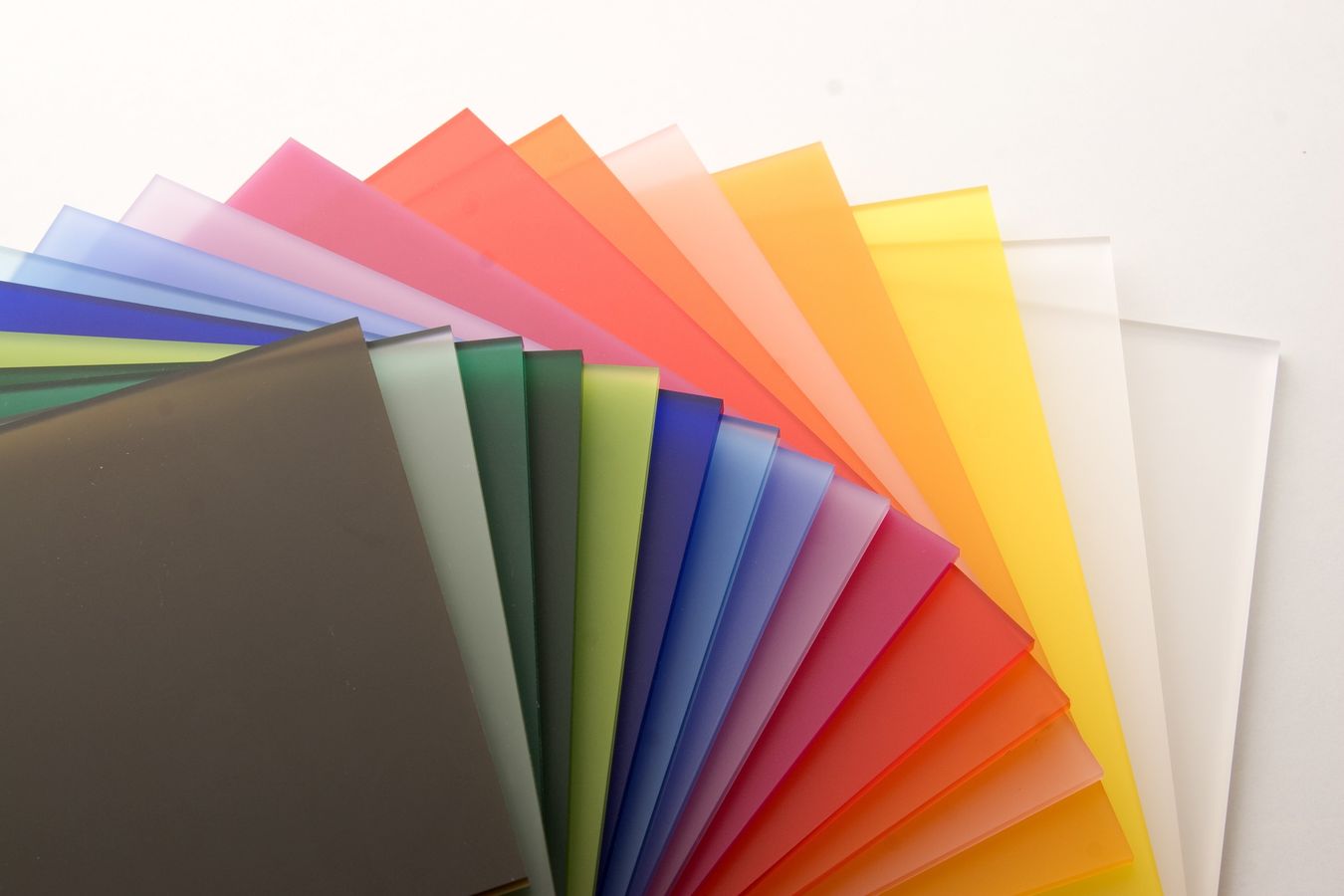
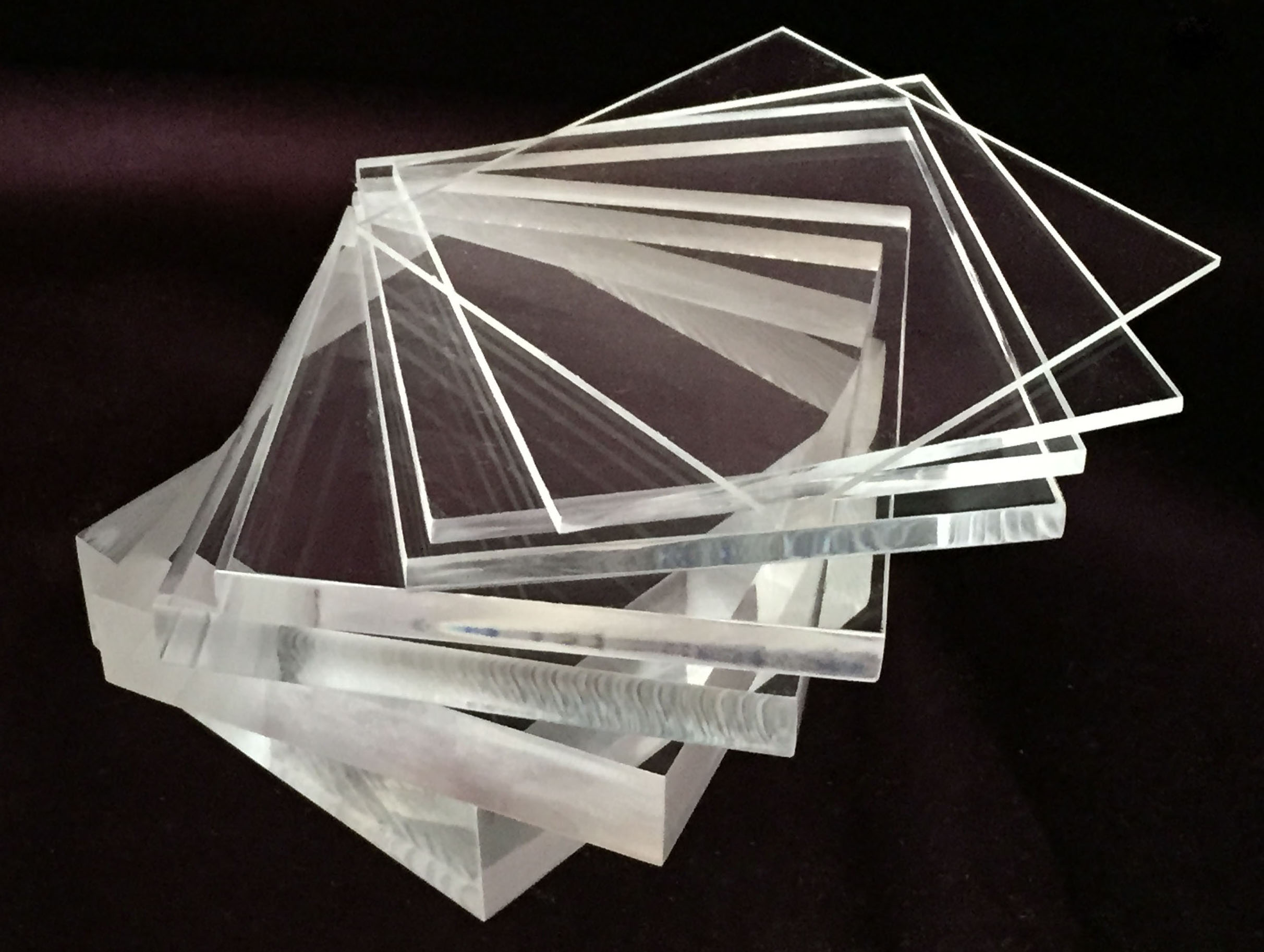

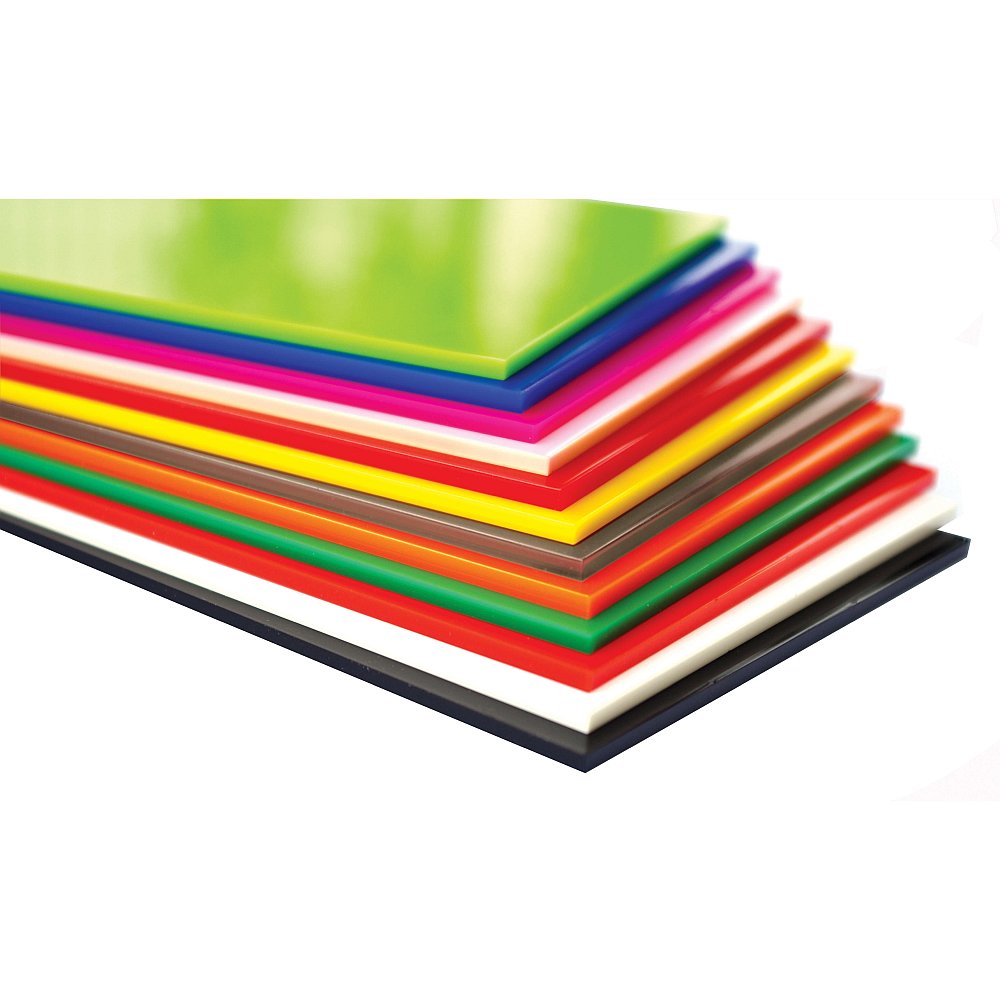
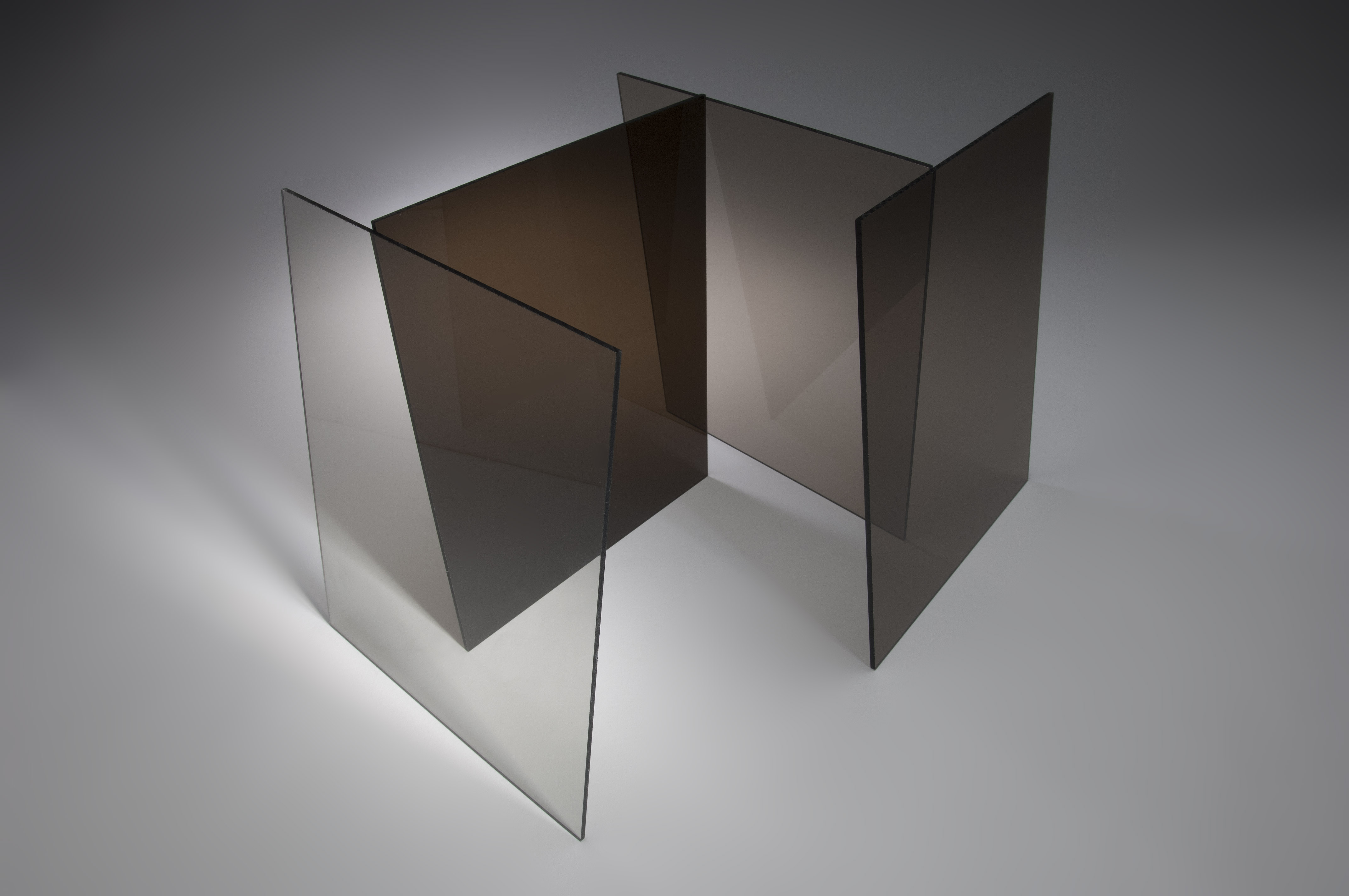
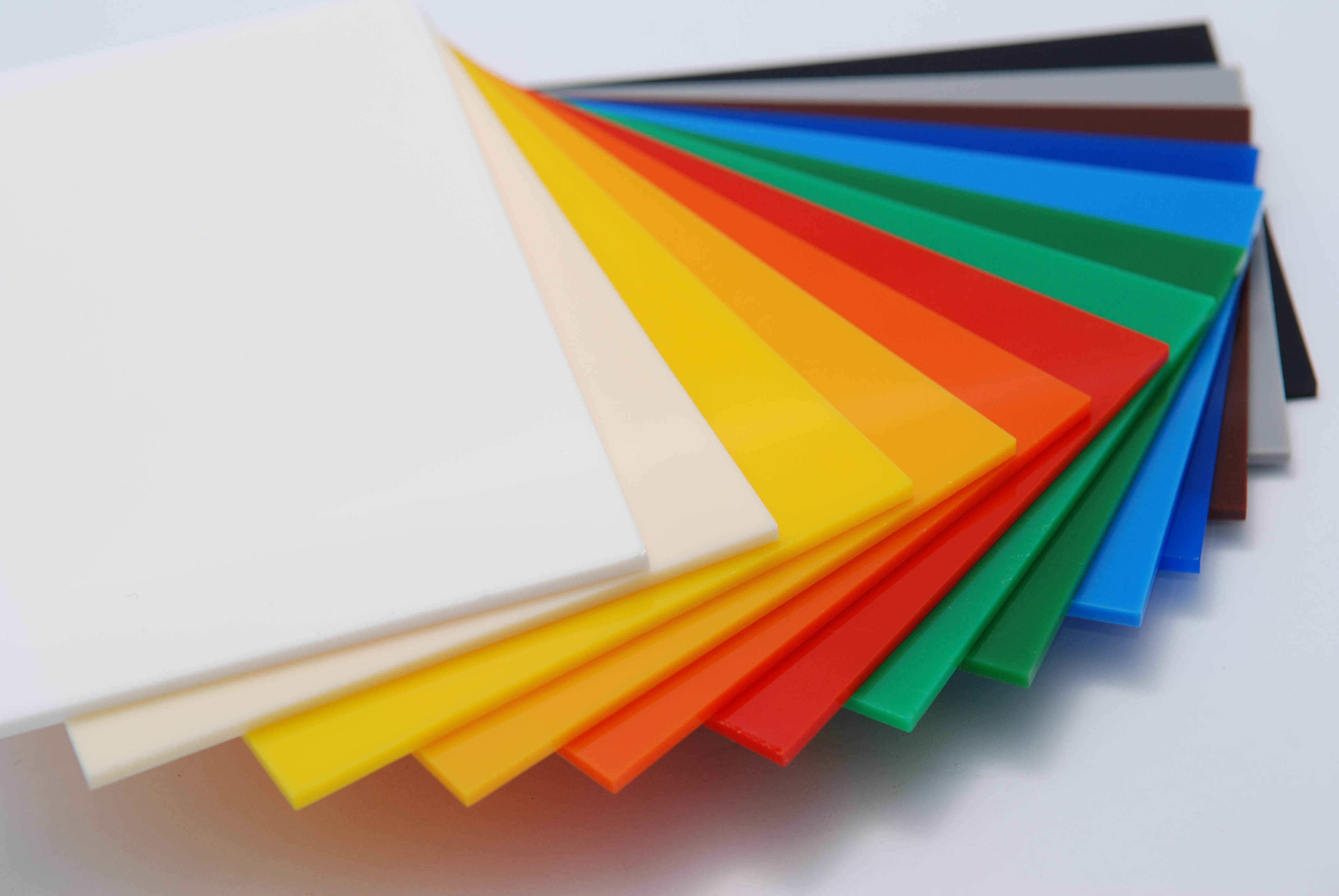
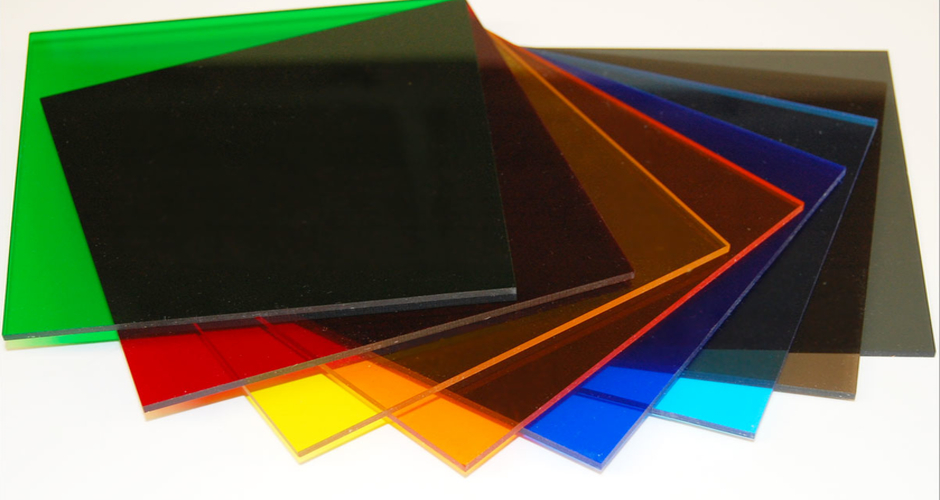
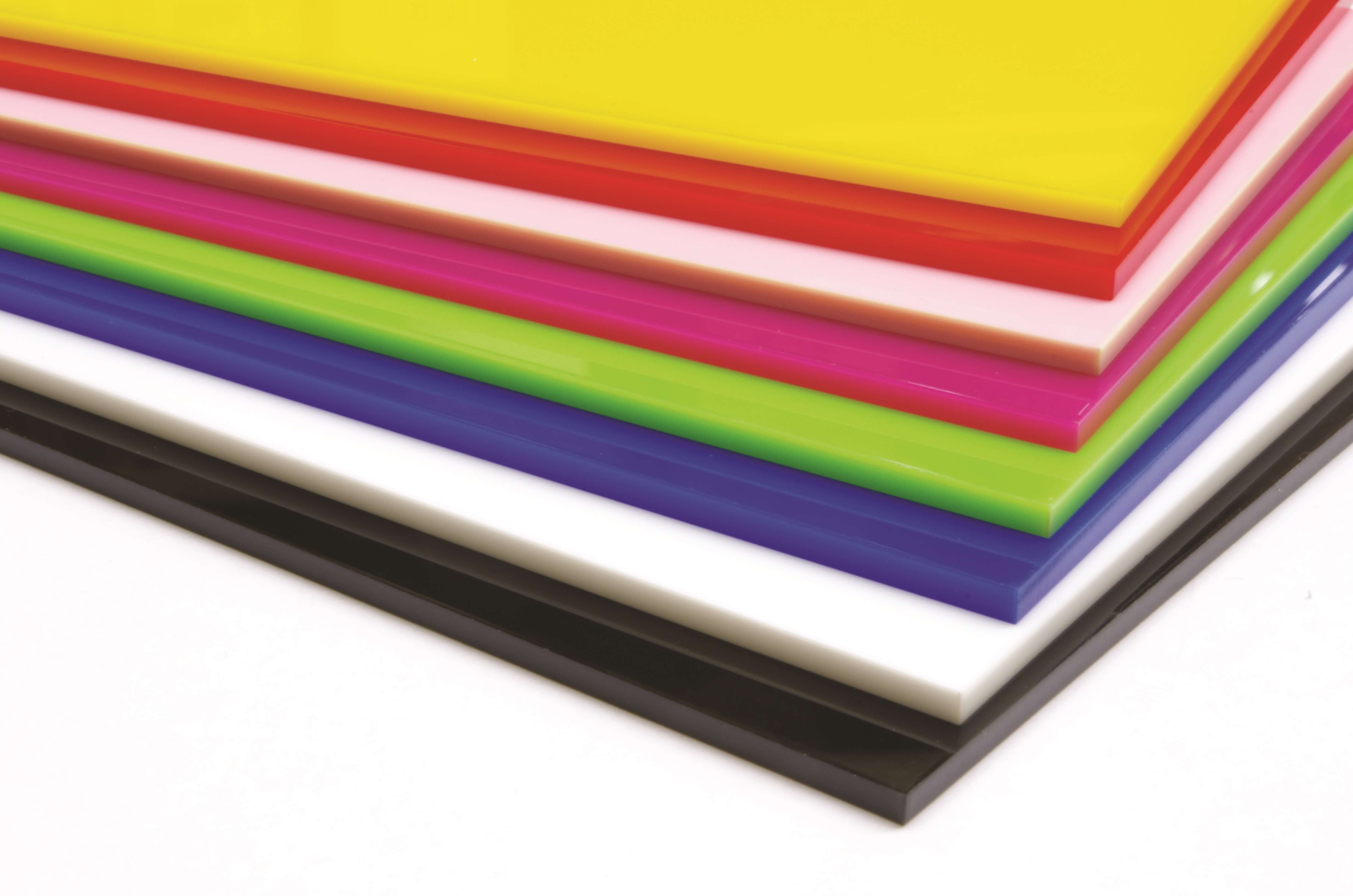
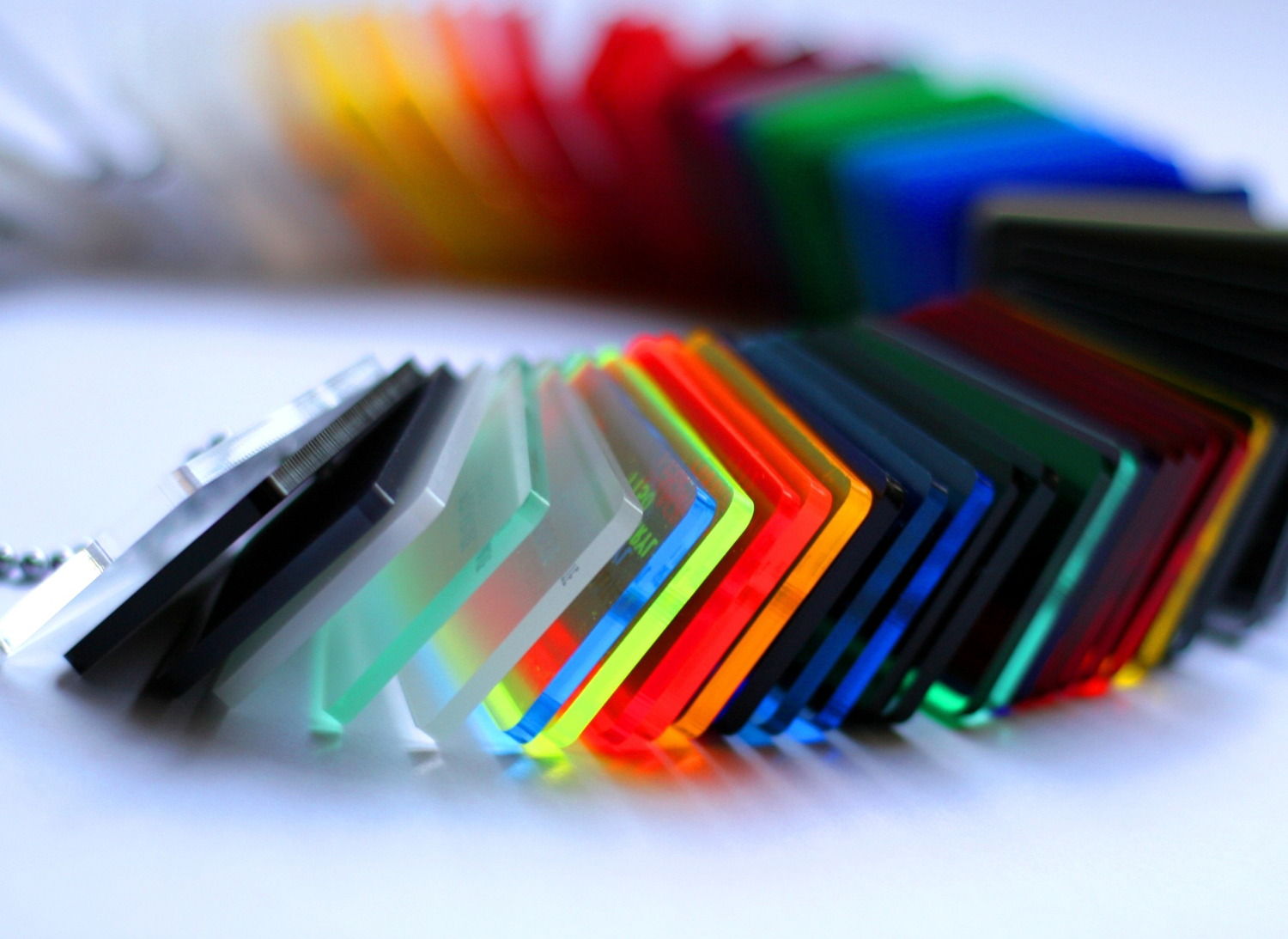
/acrylicpainttips_Beginners-56a6e7a65f9b58b7d0e56af3.jpg)
